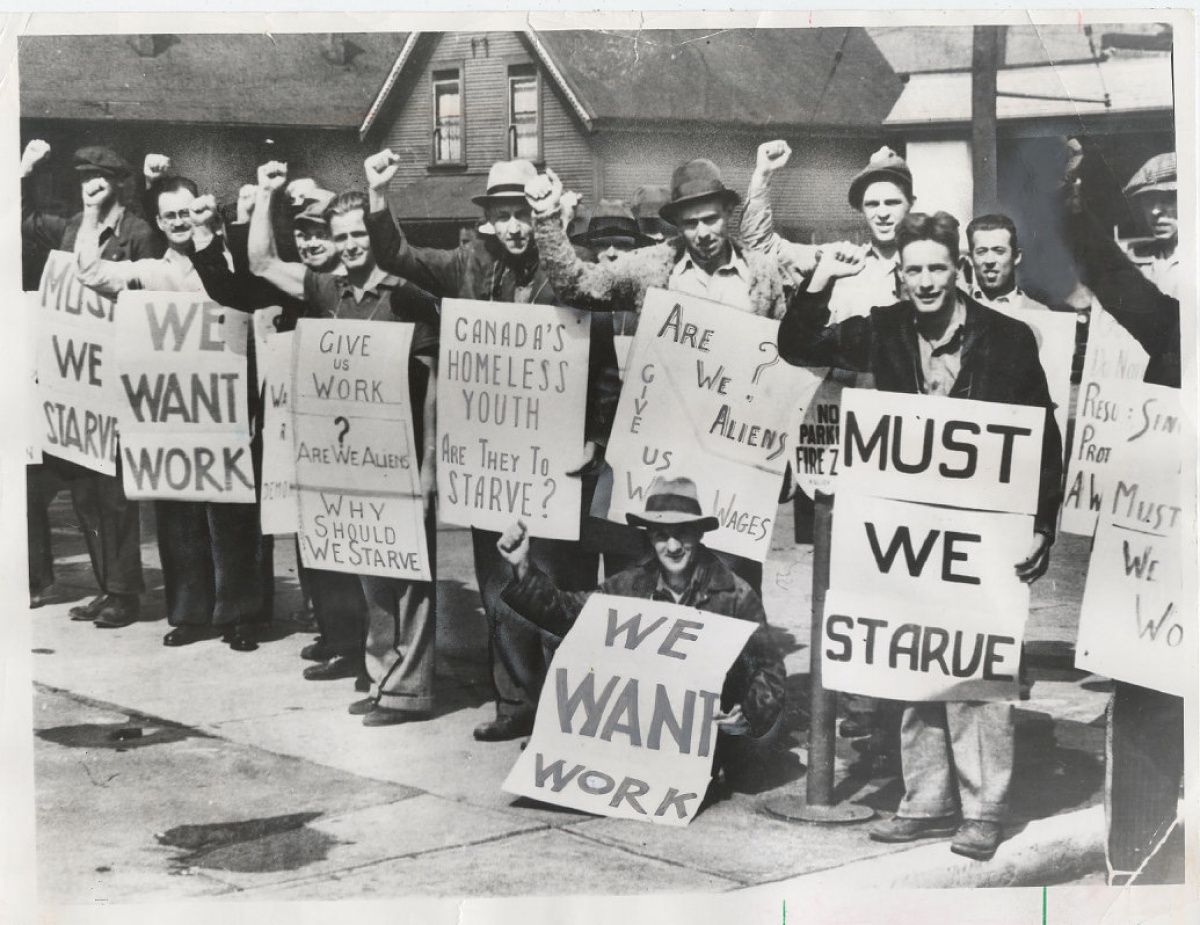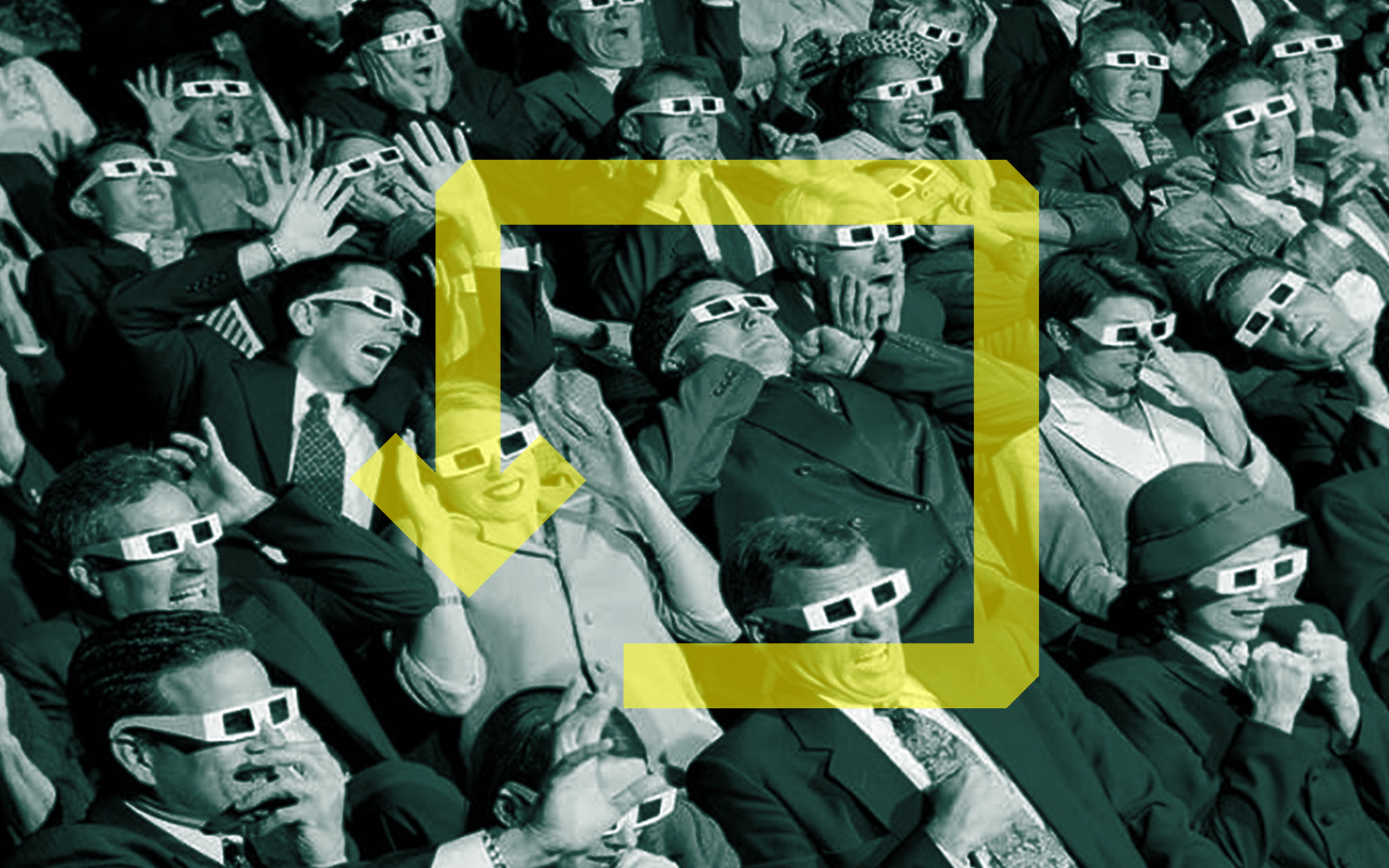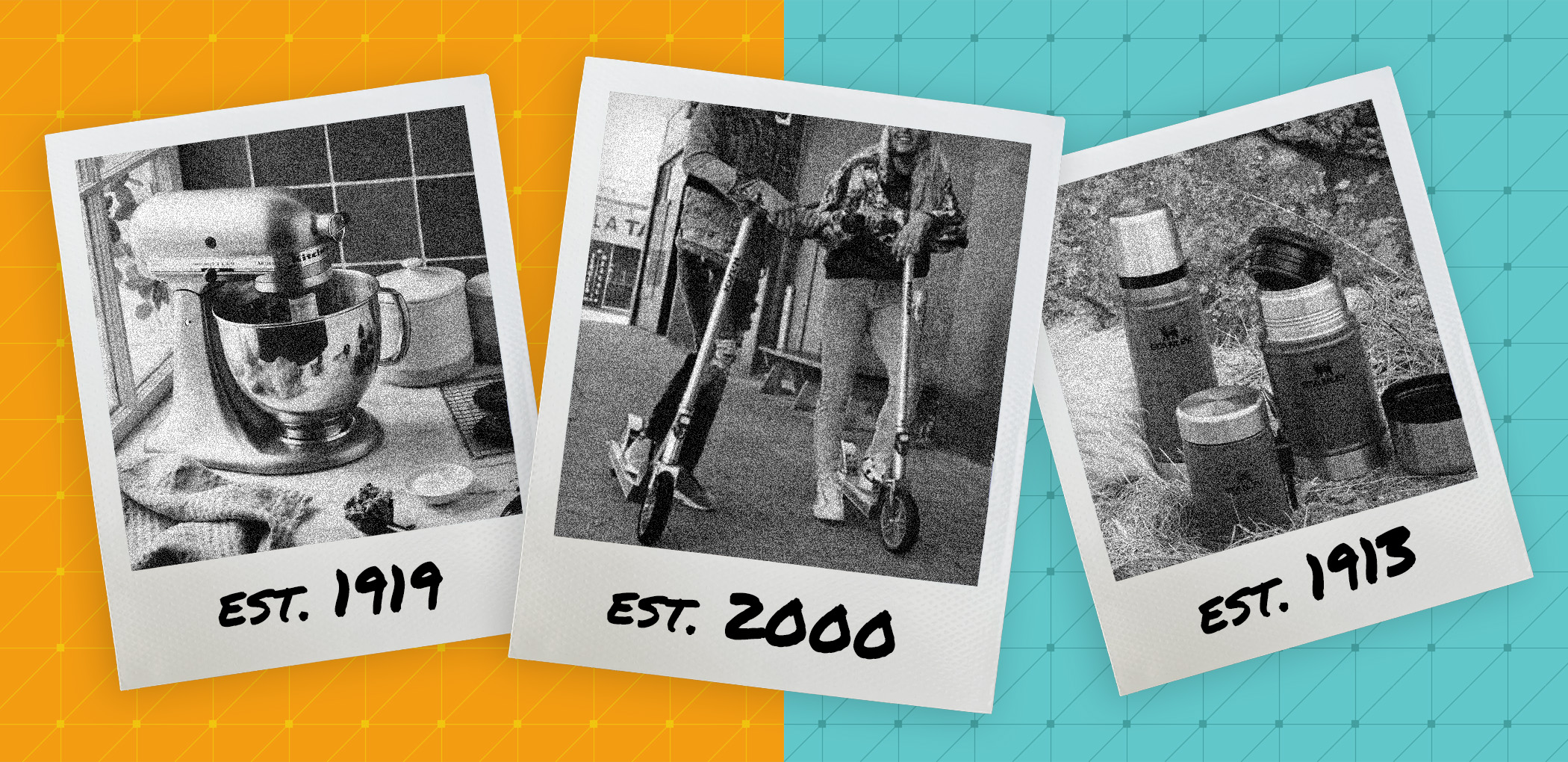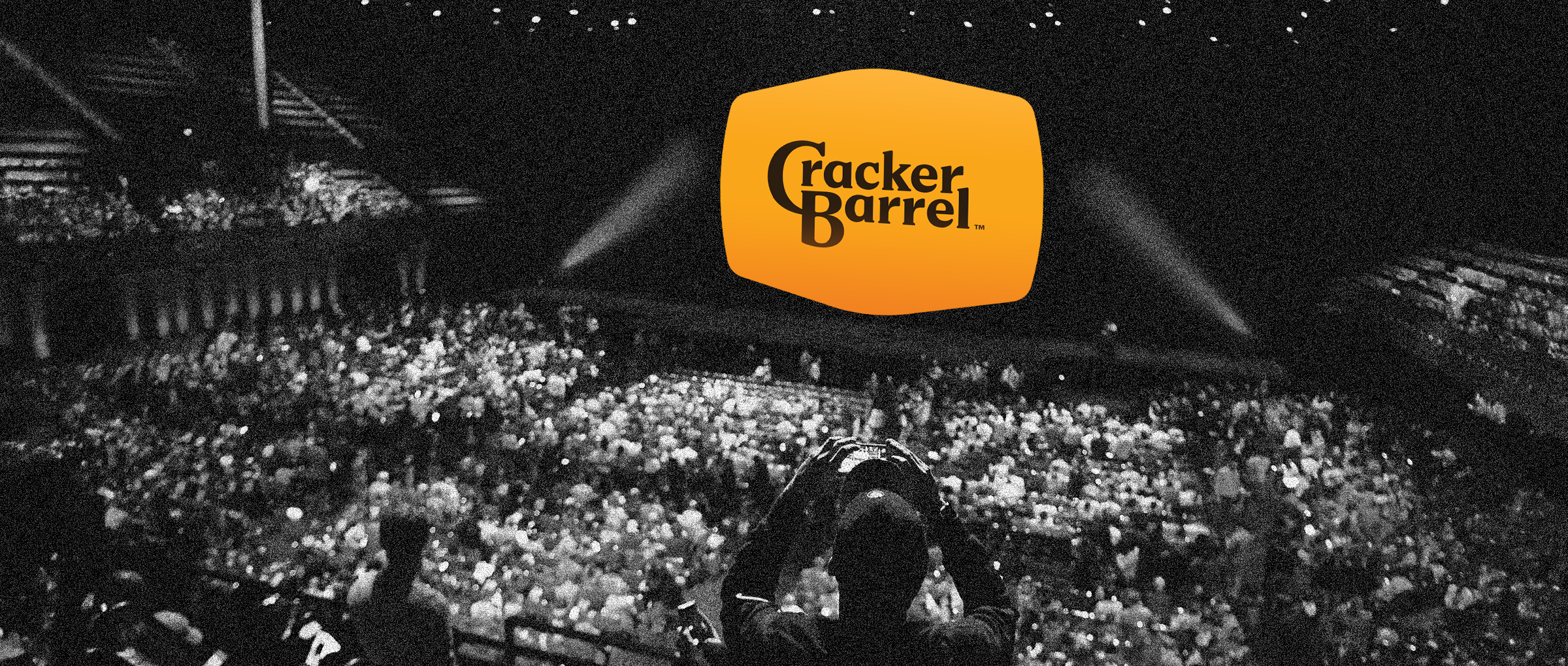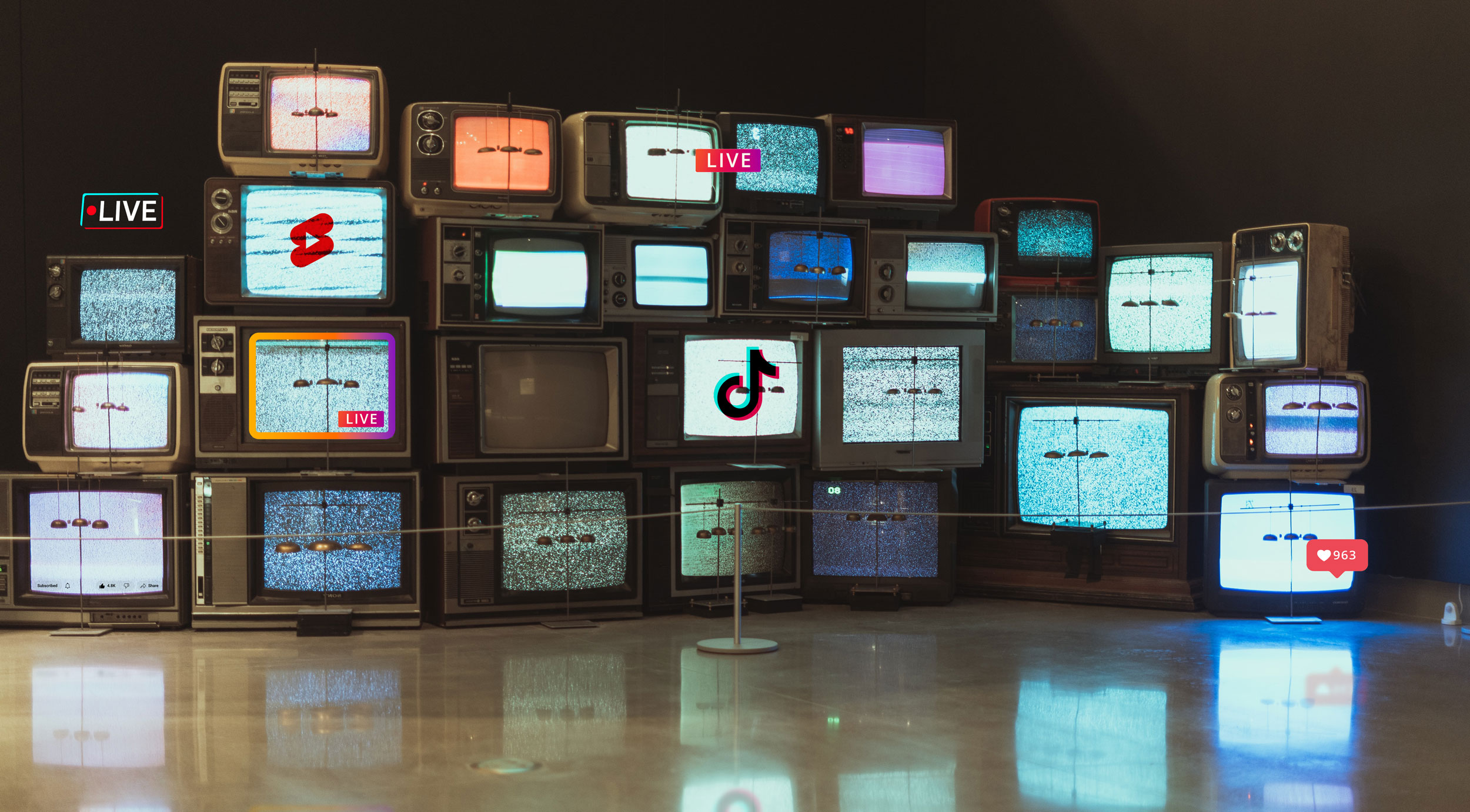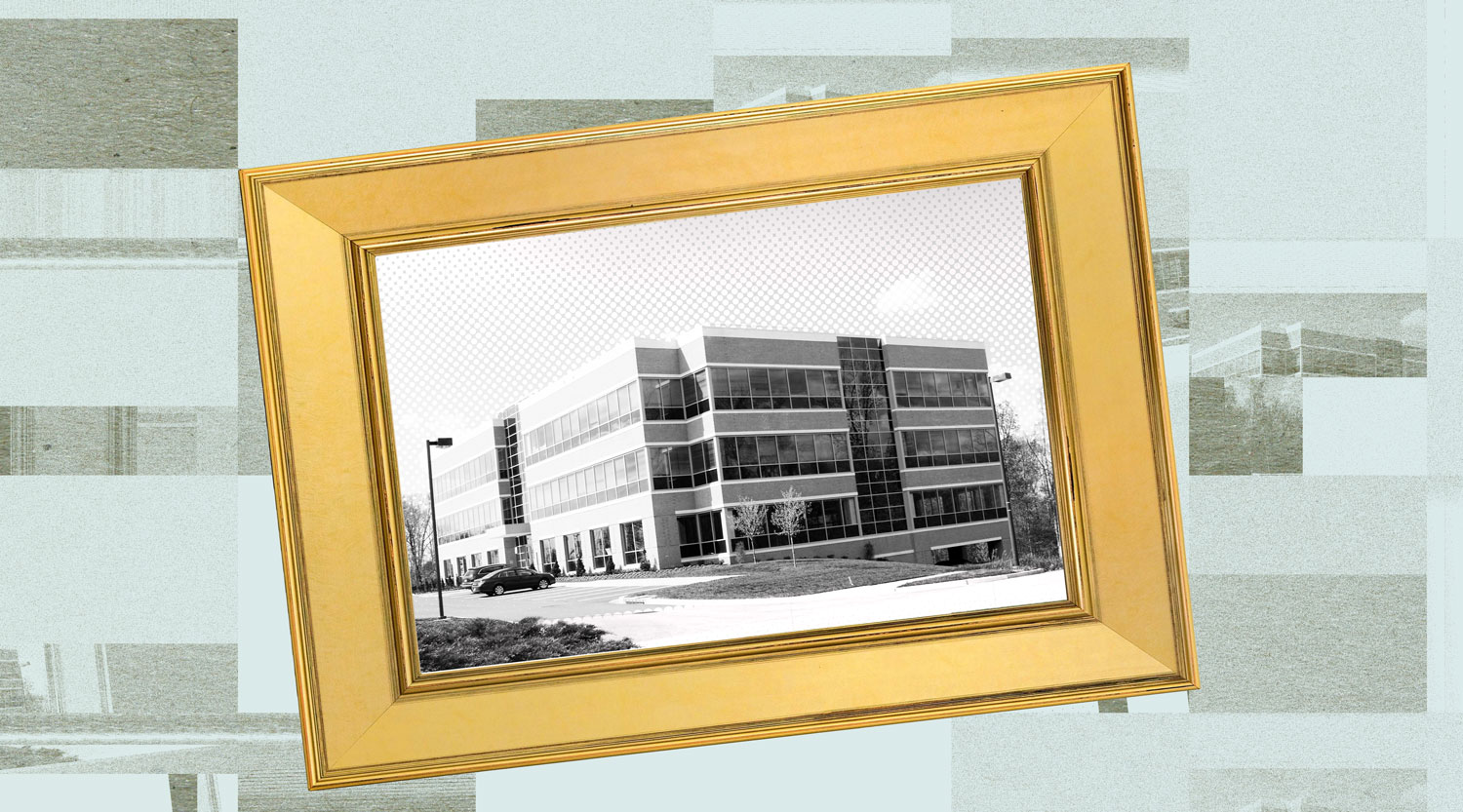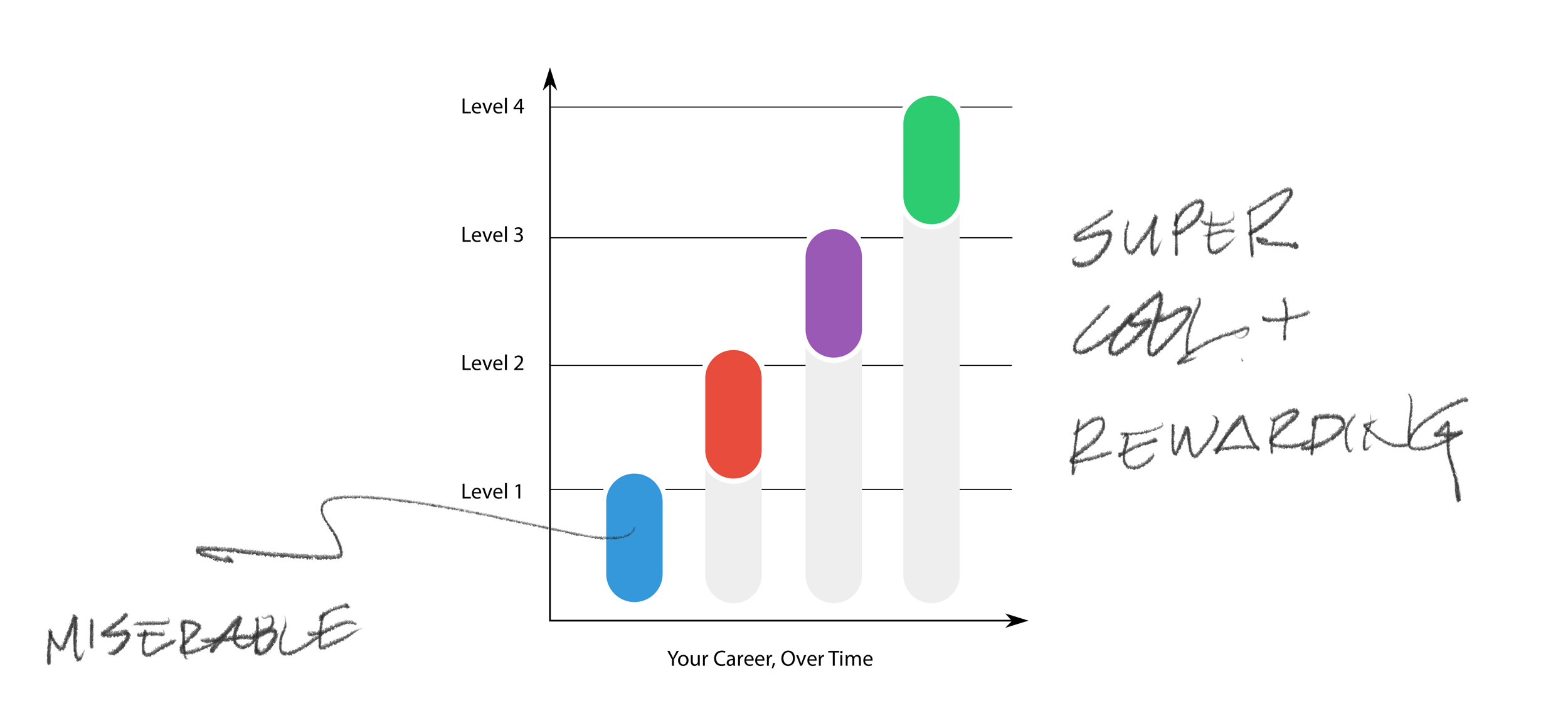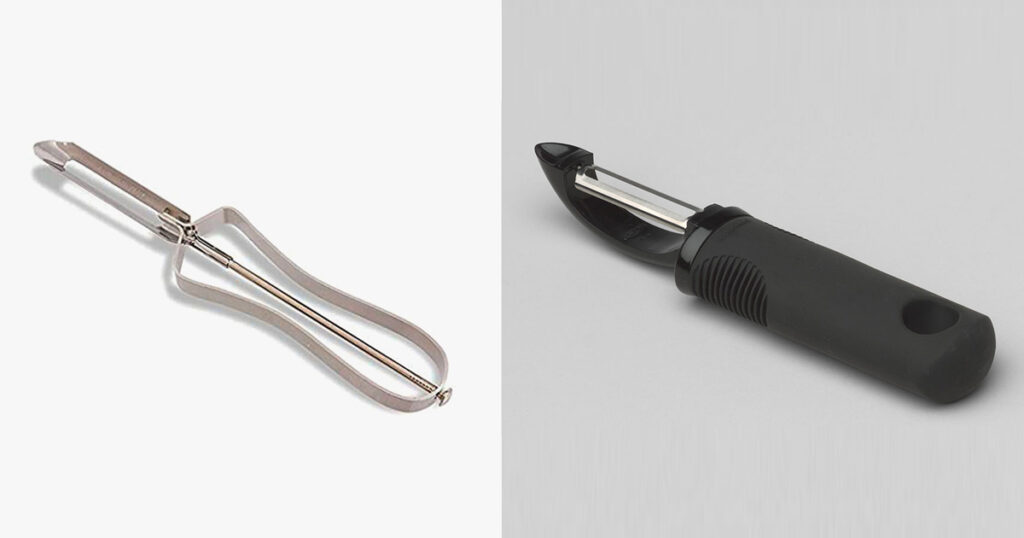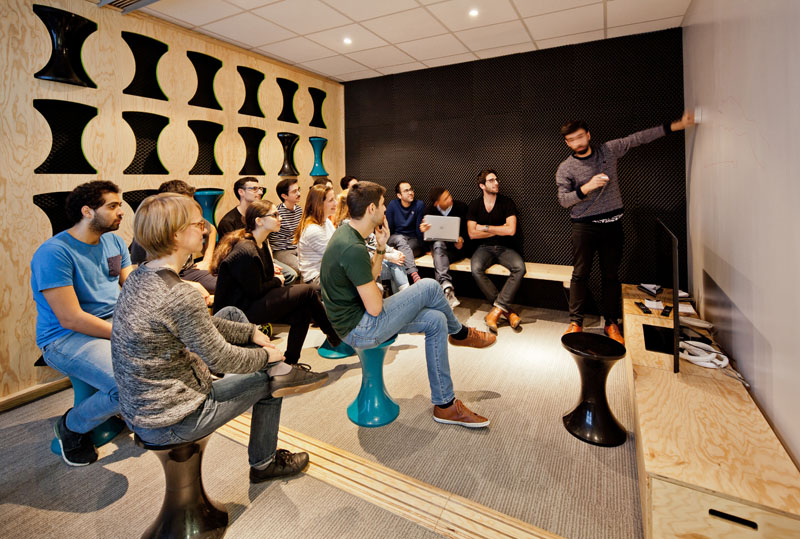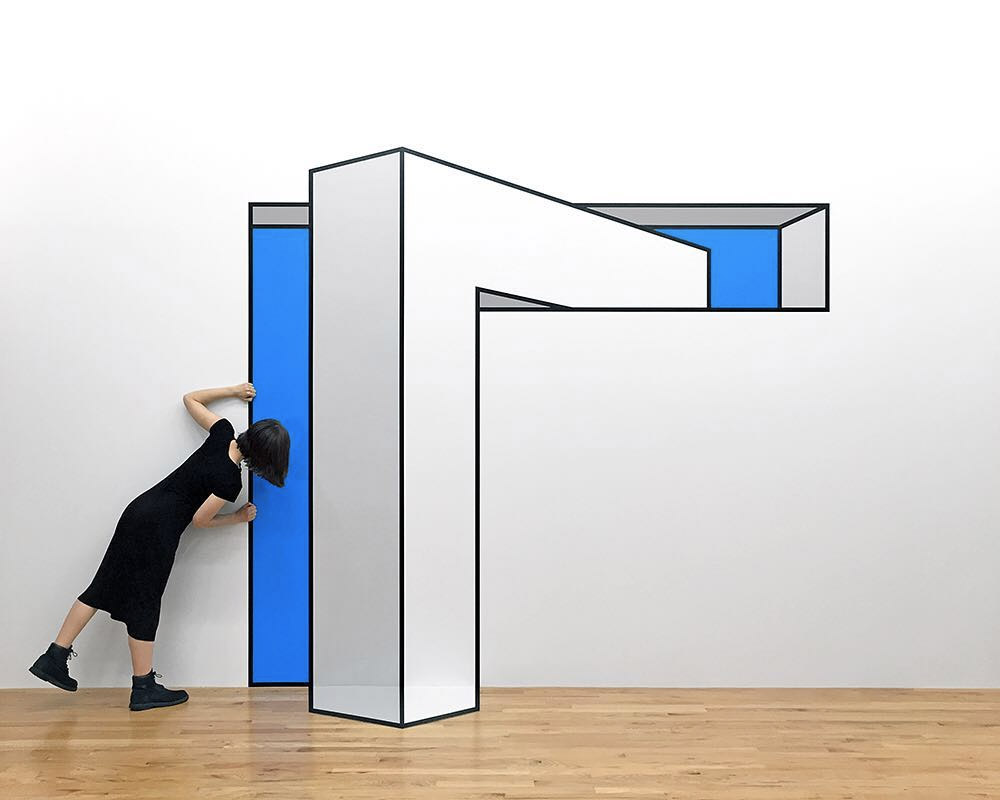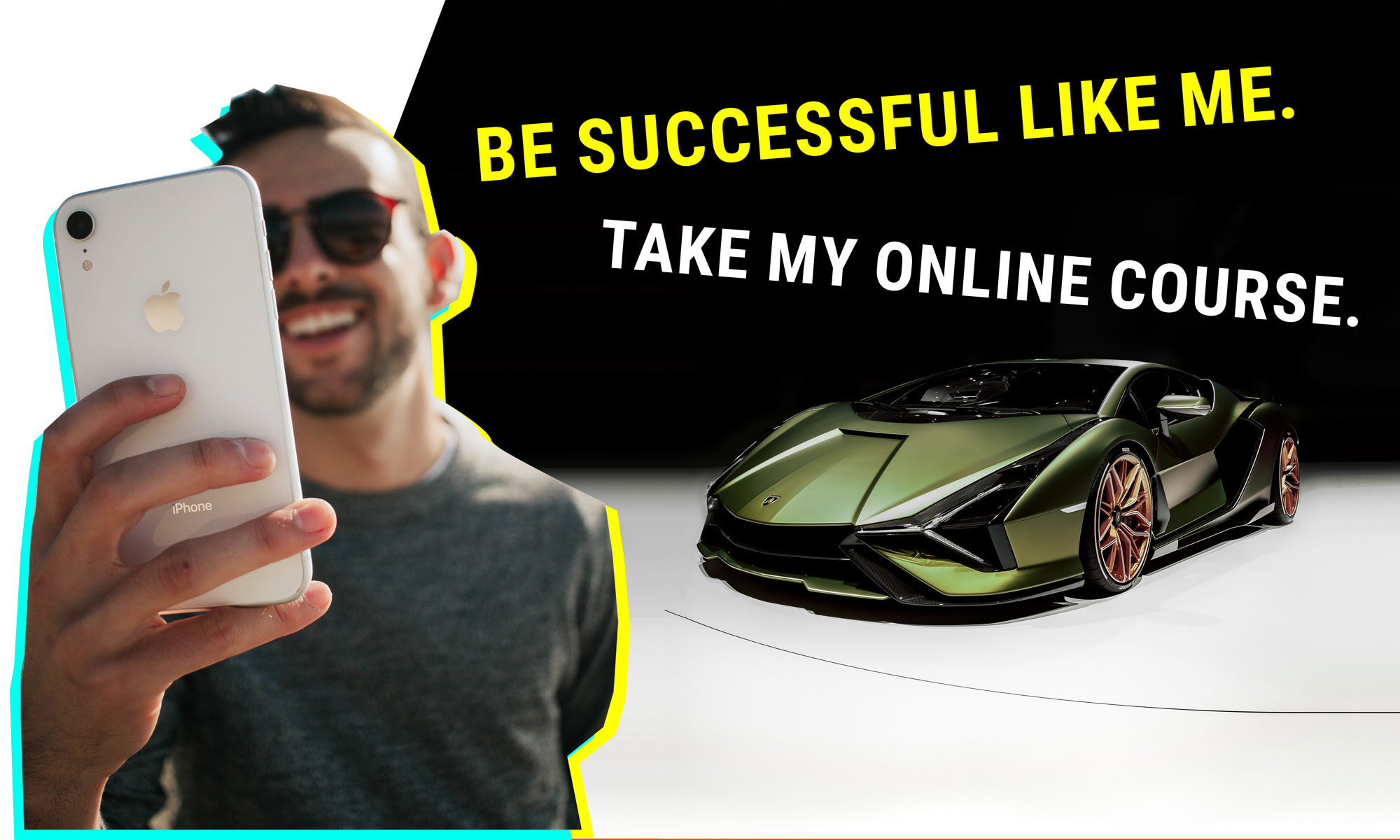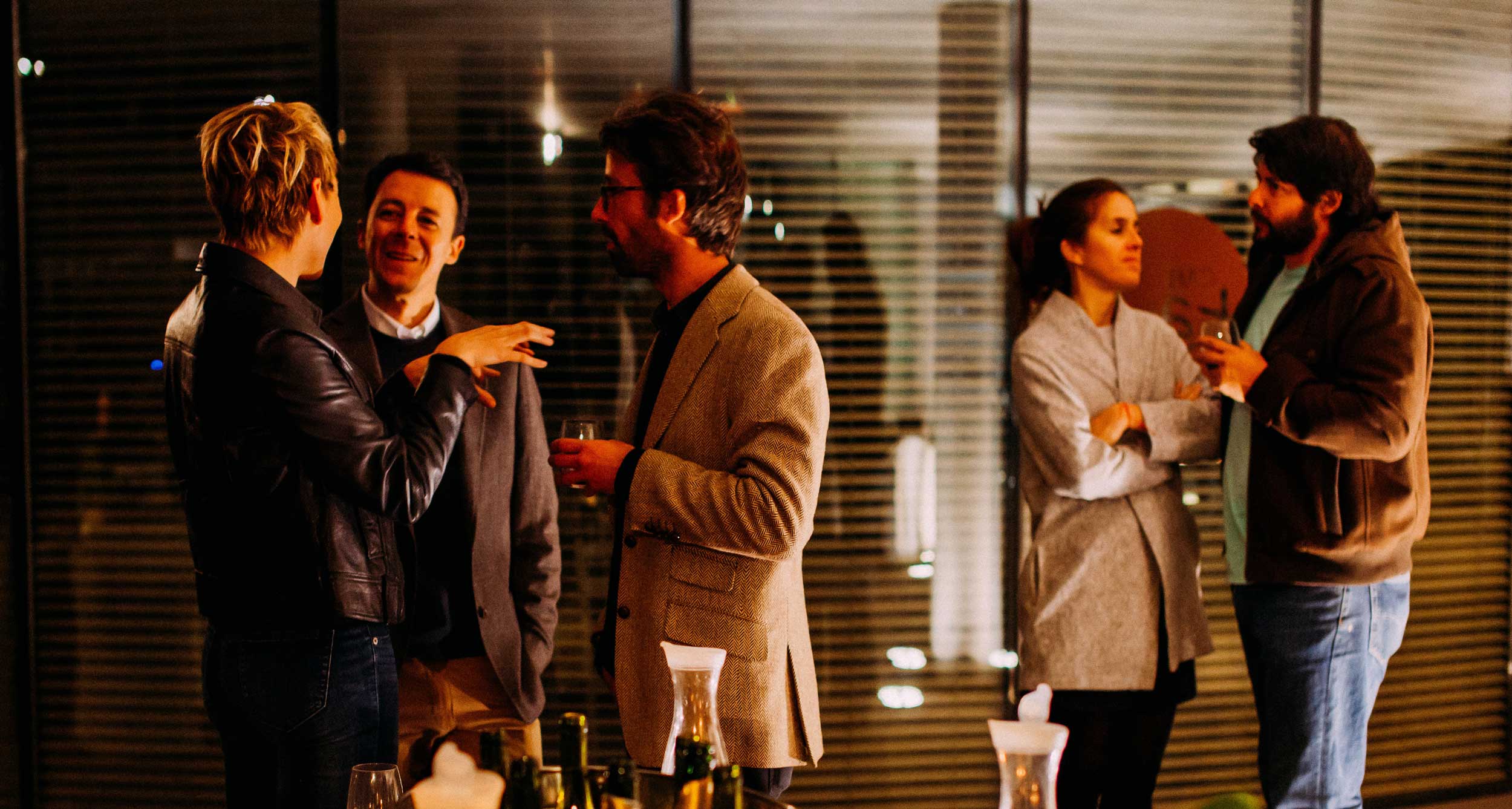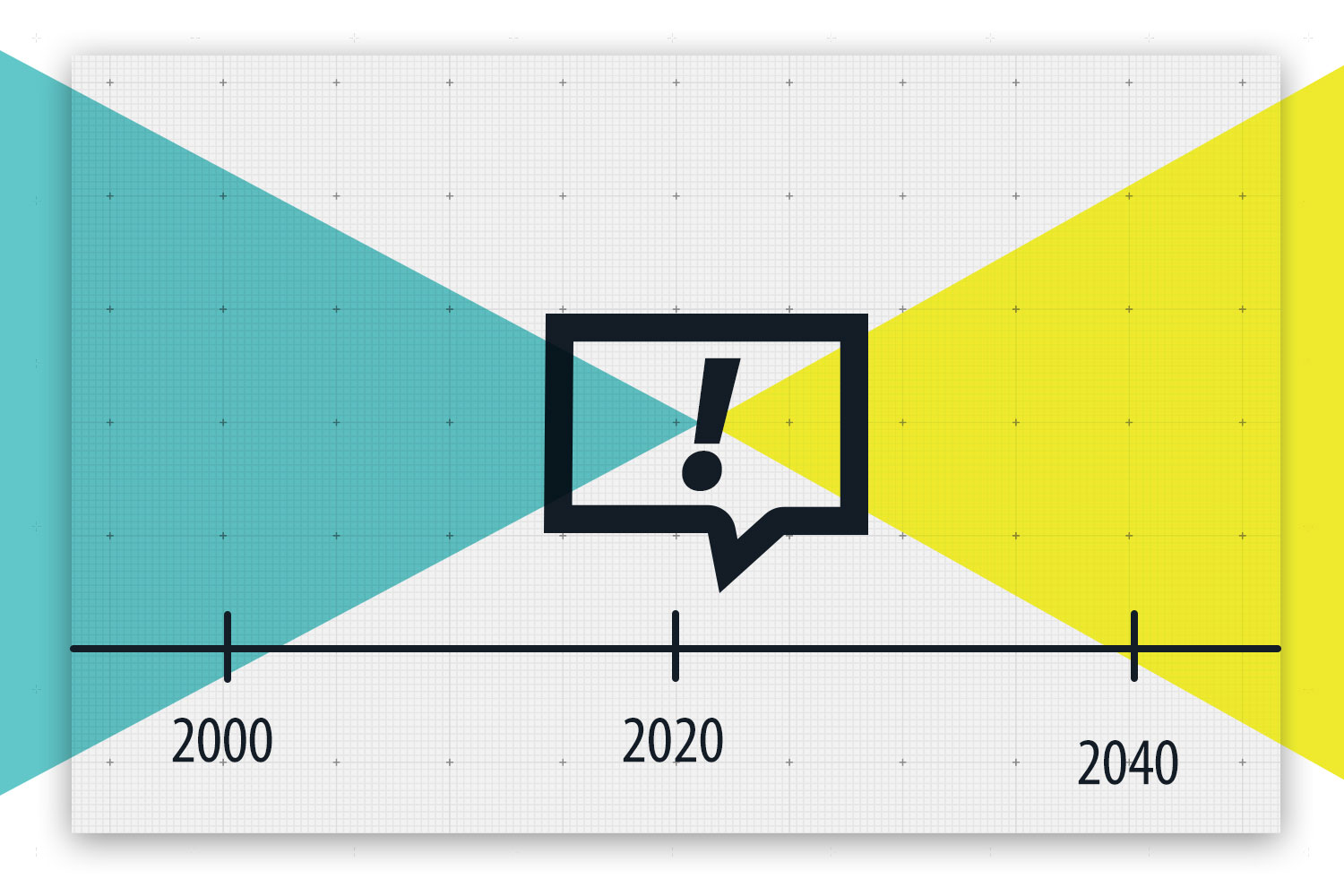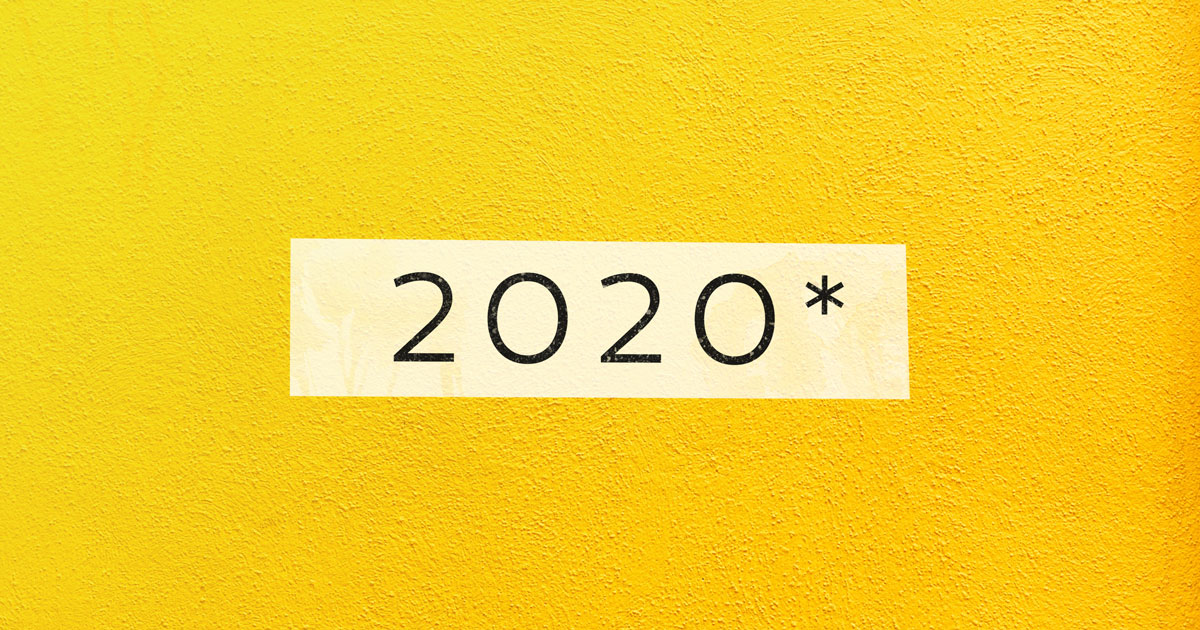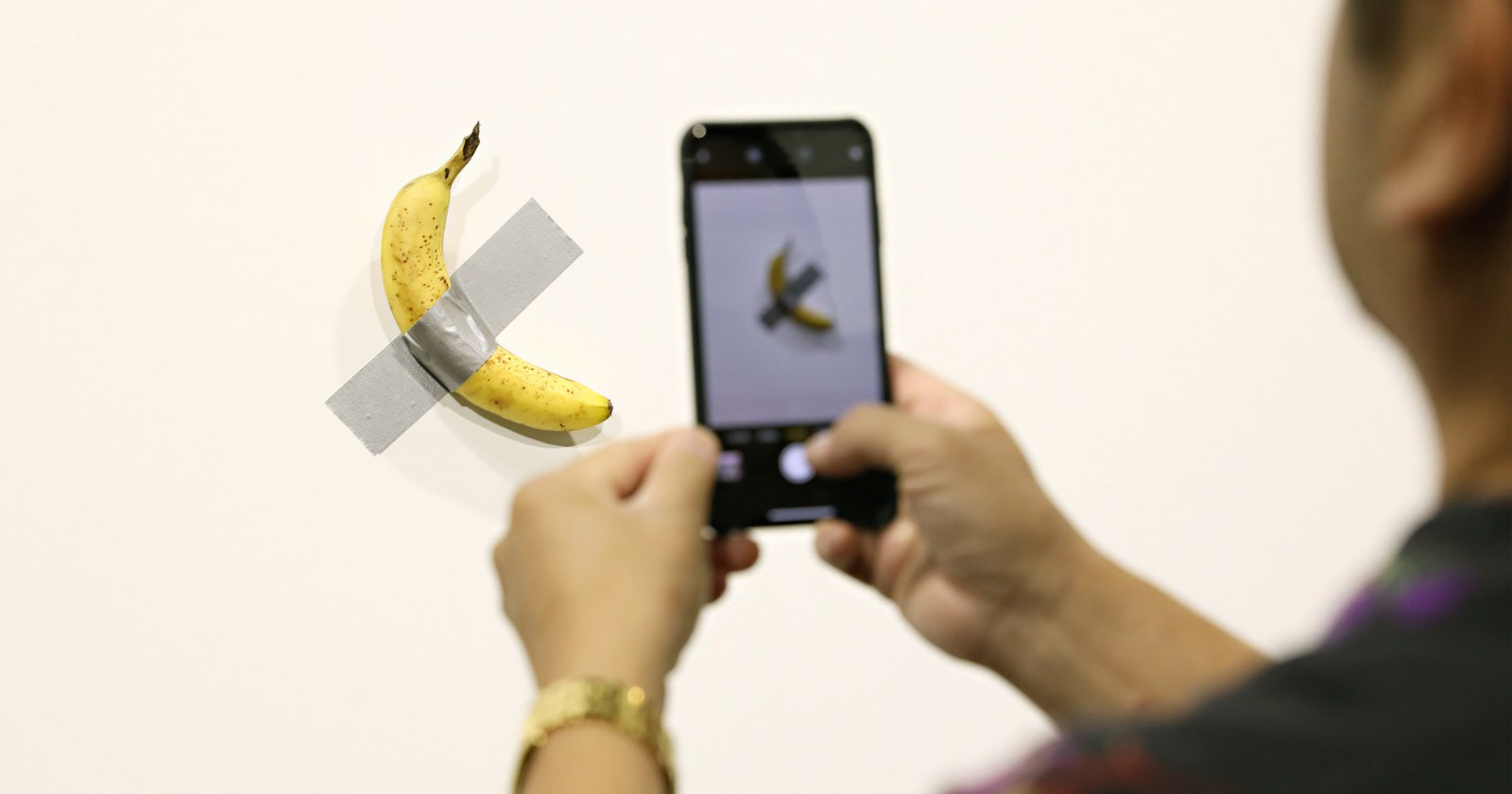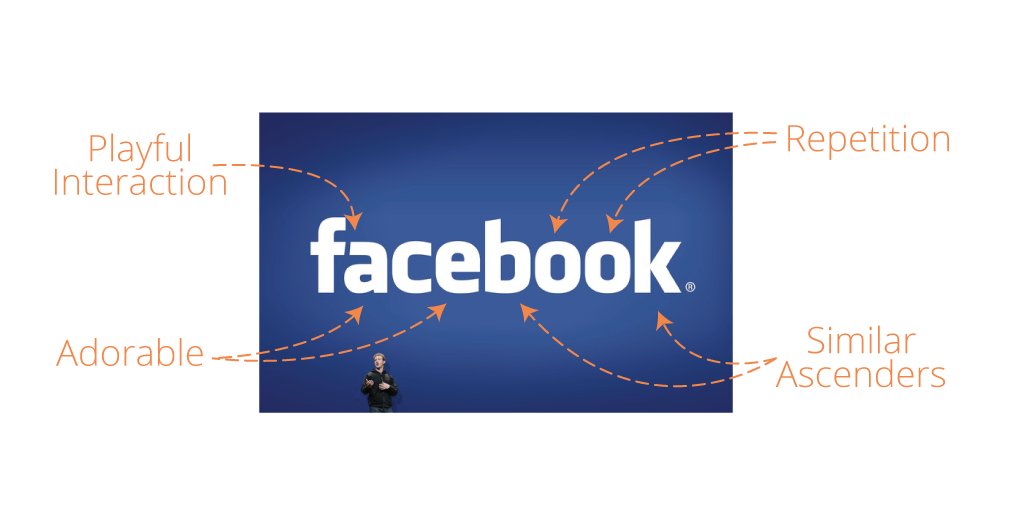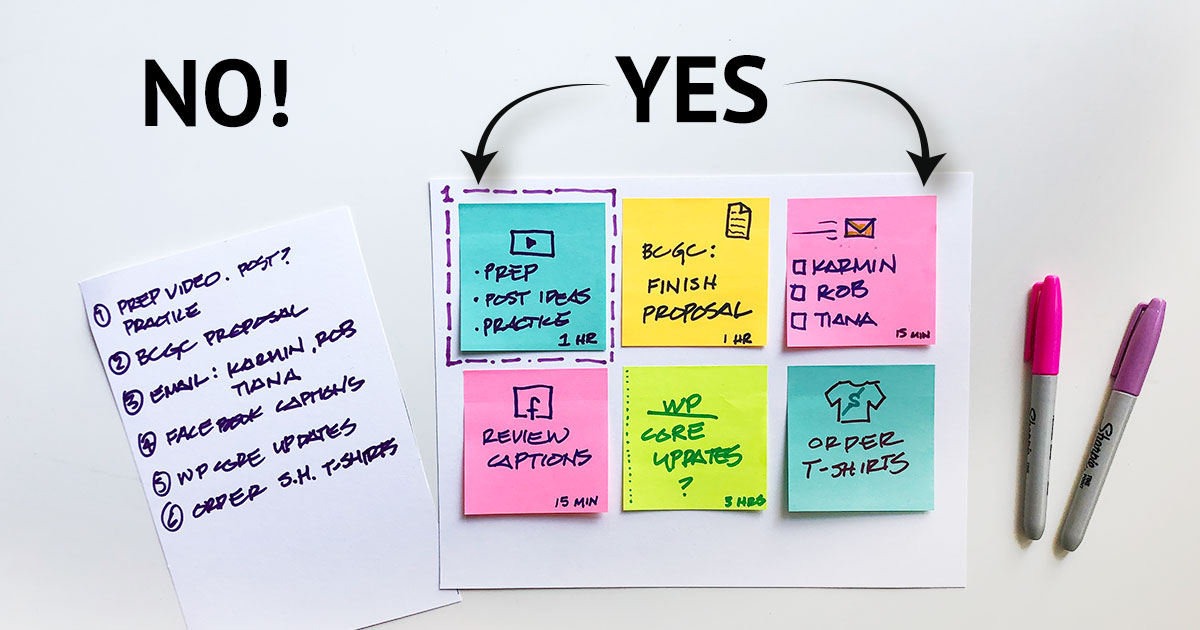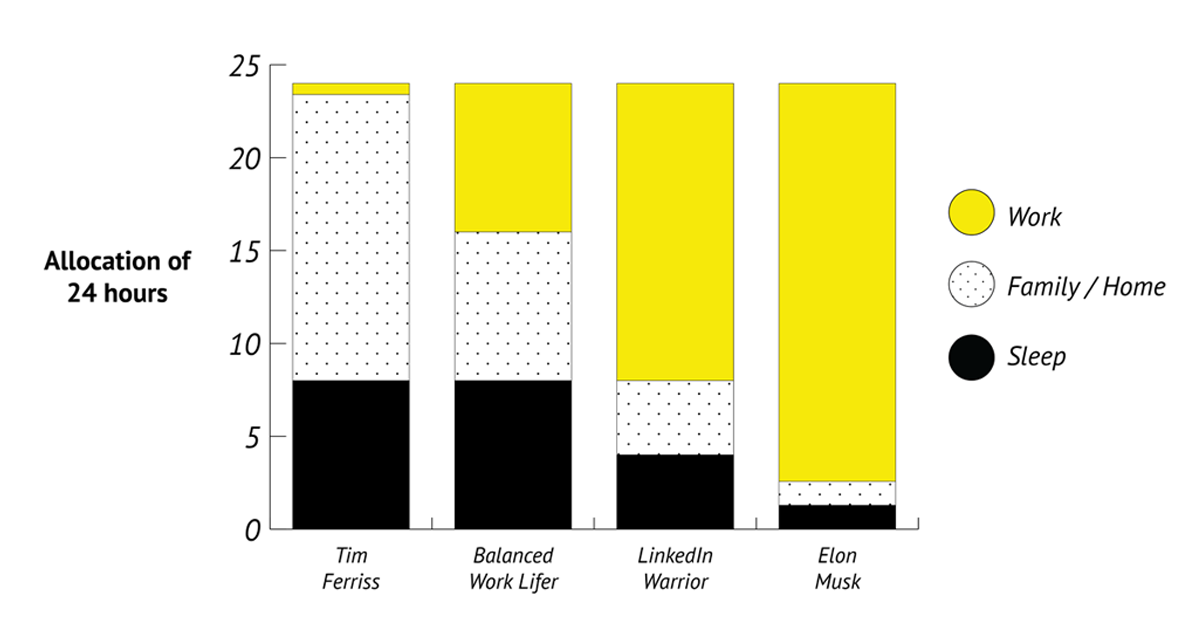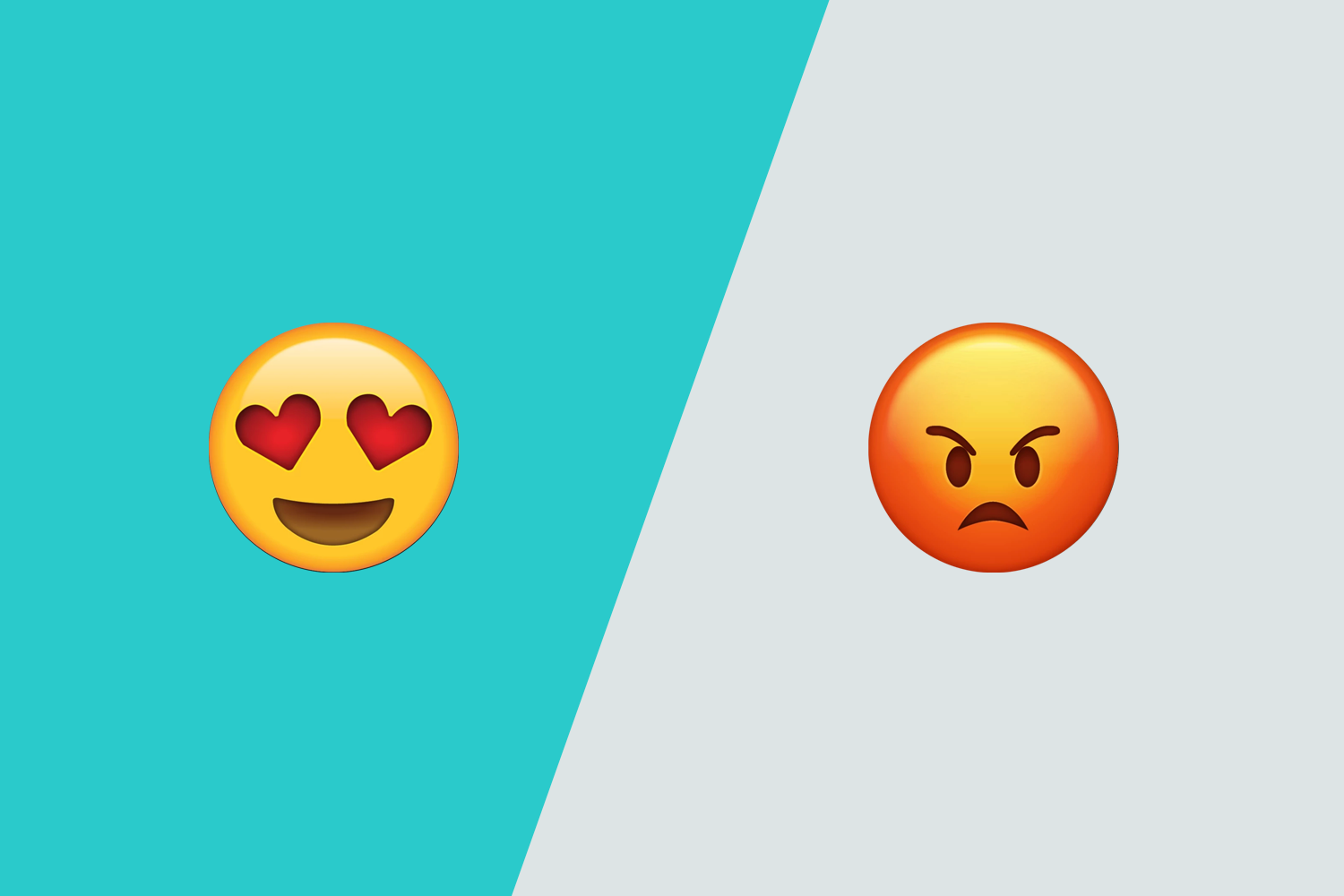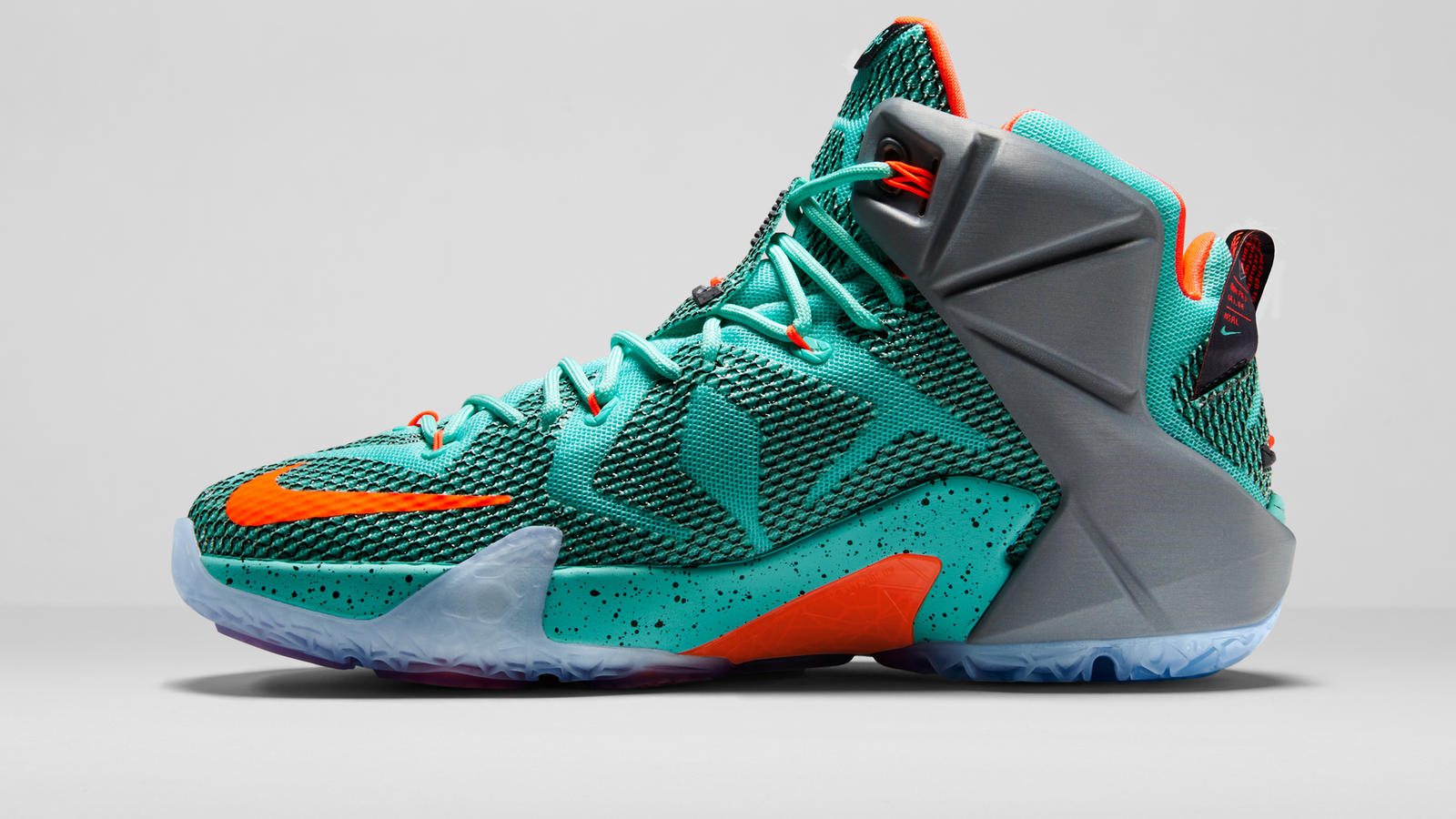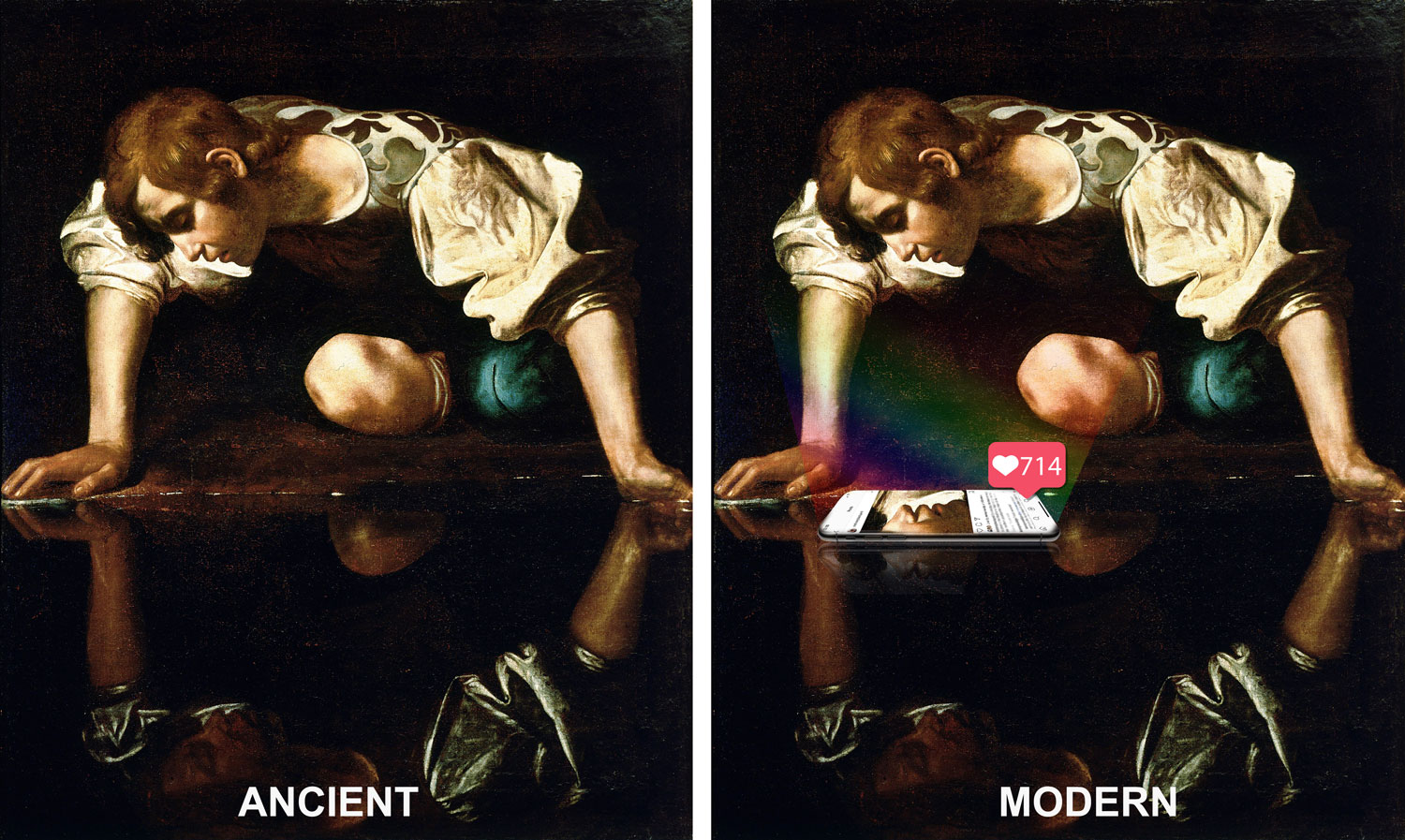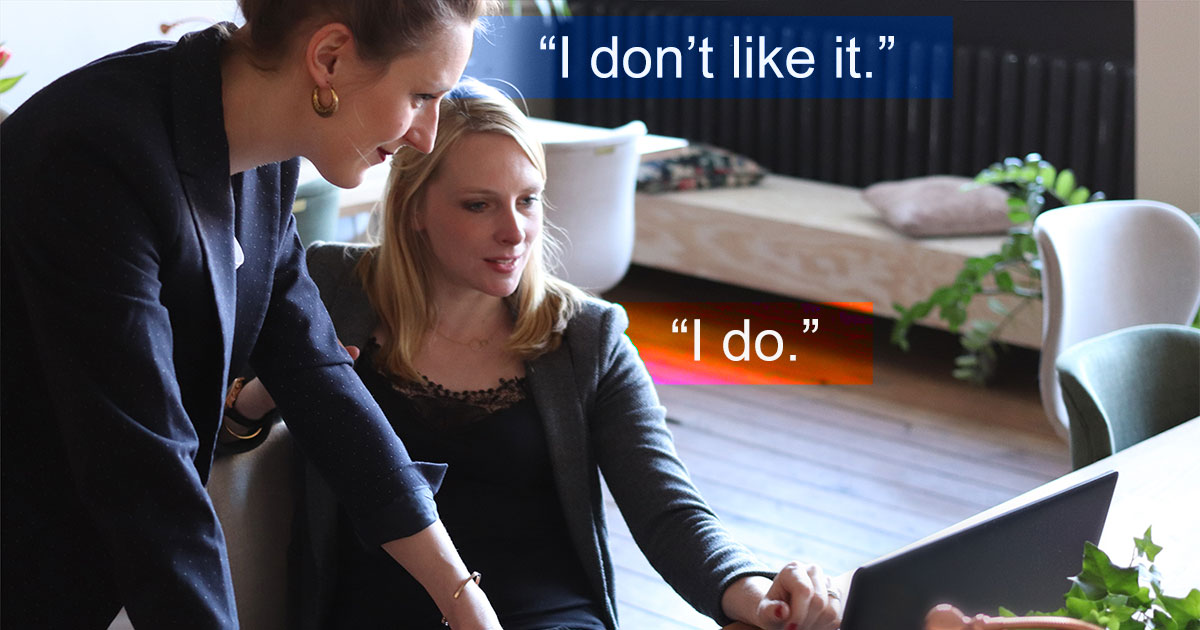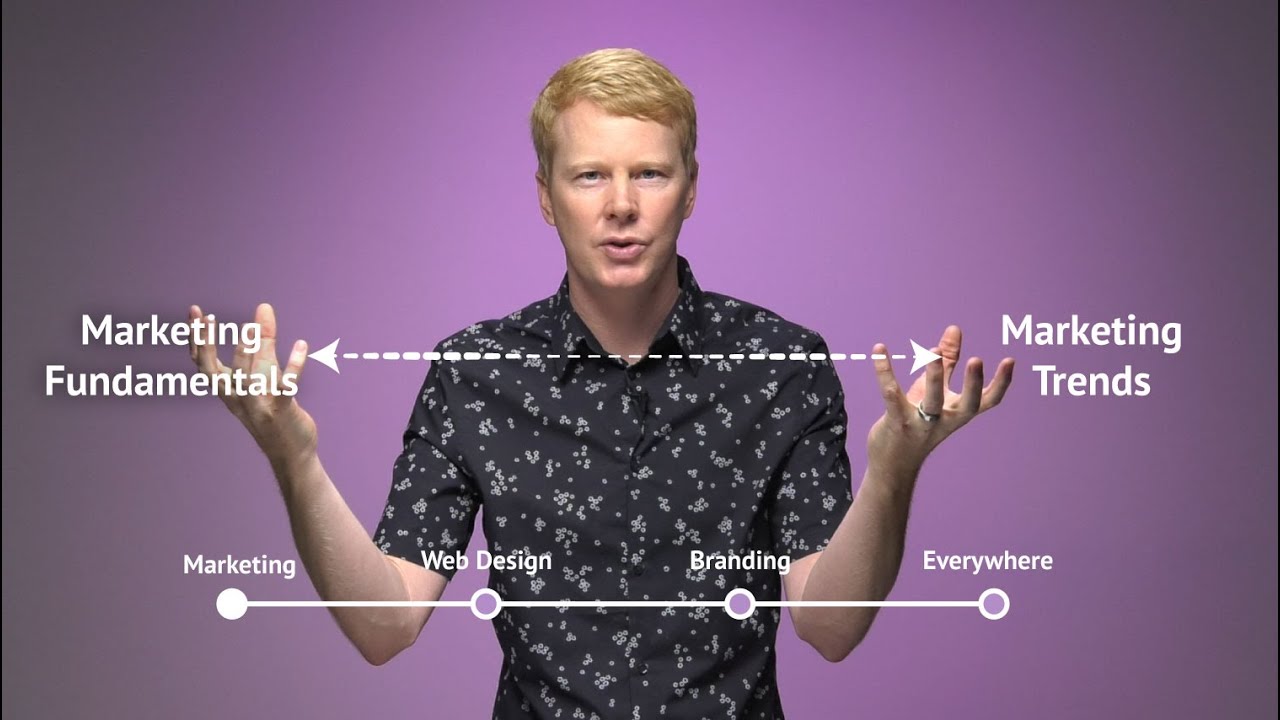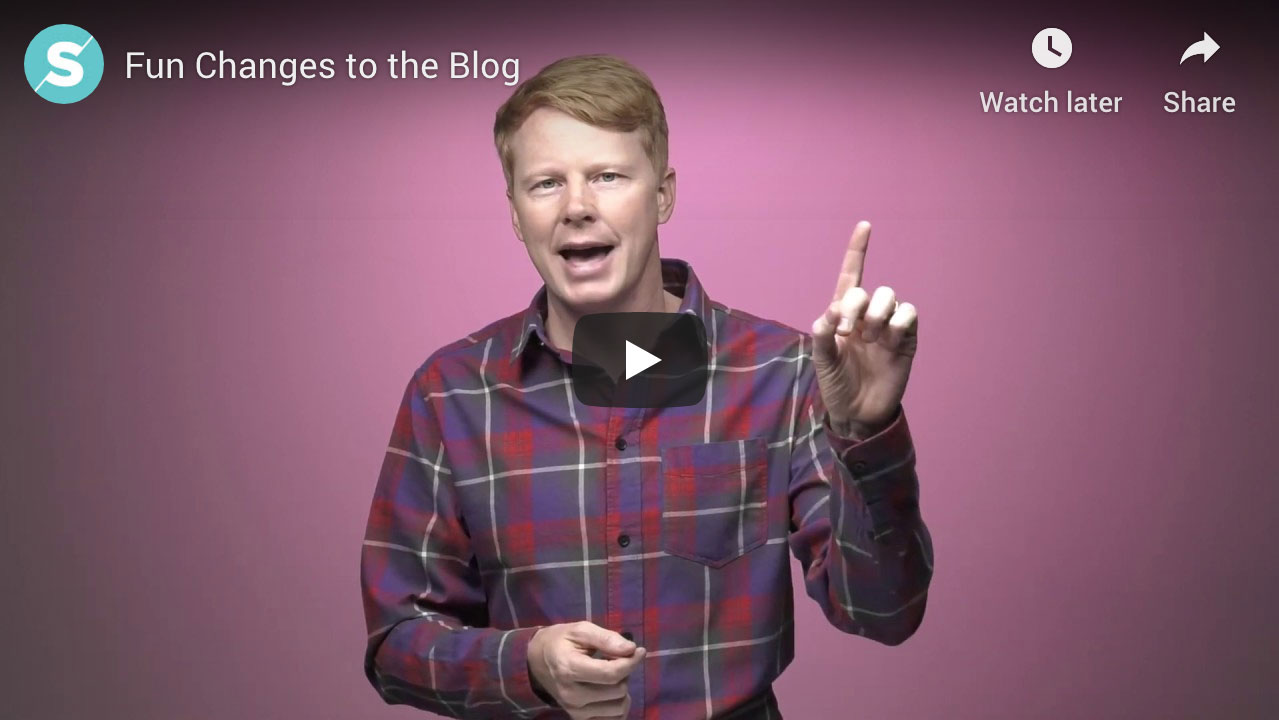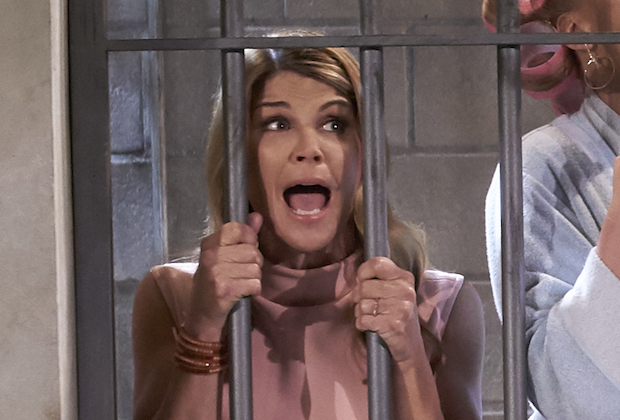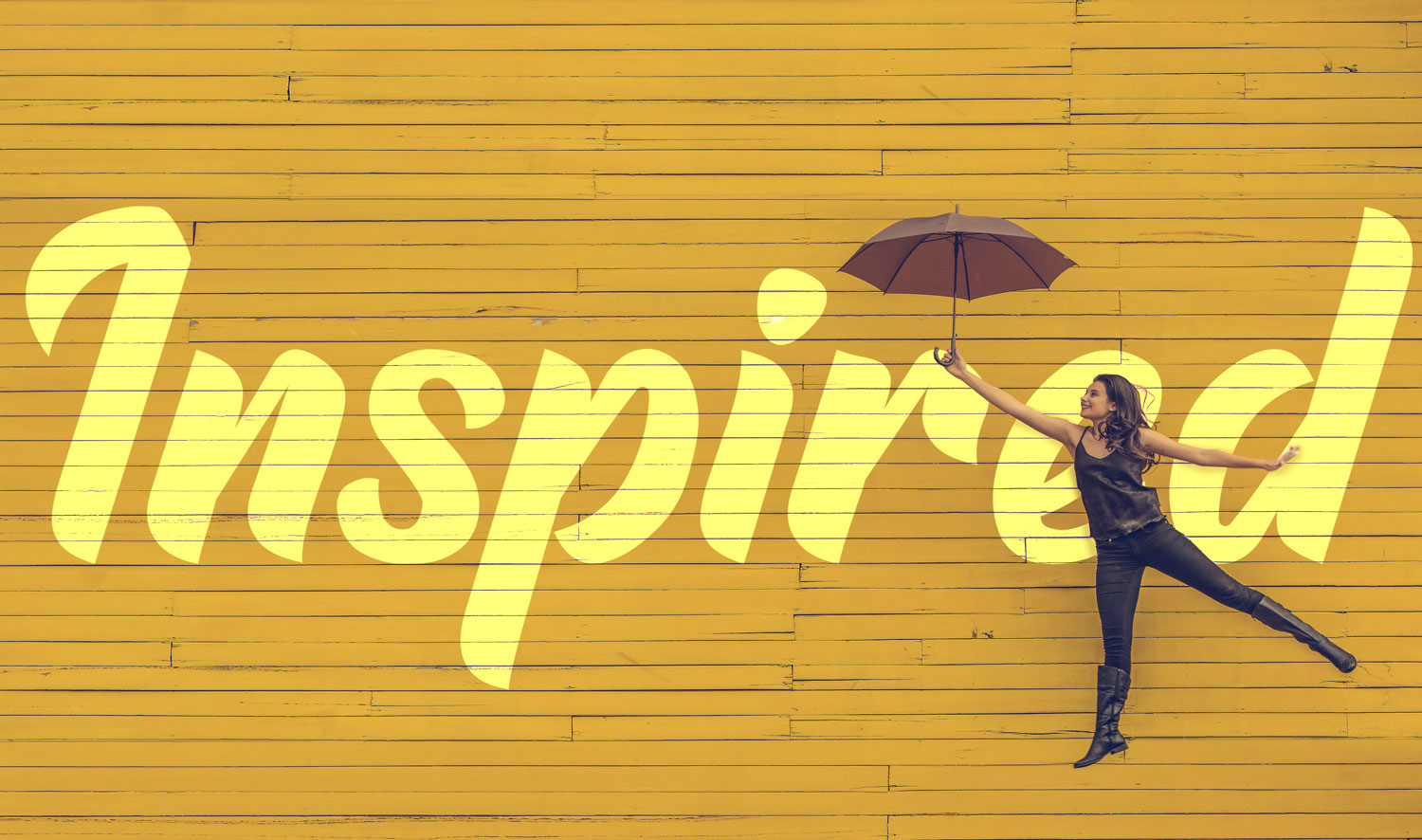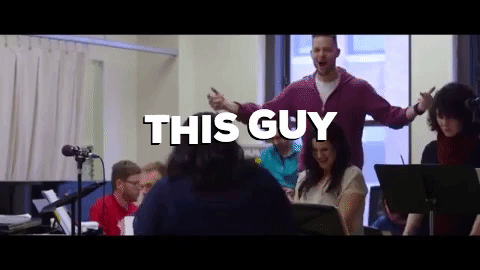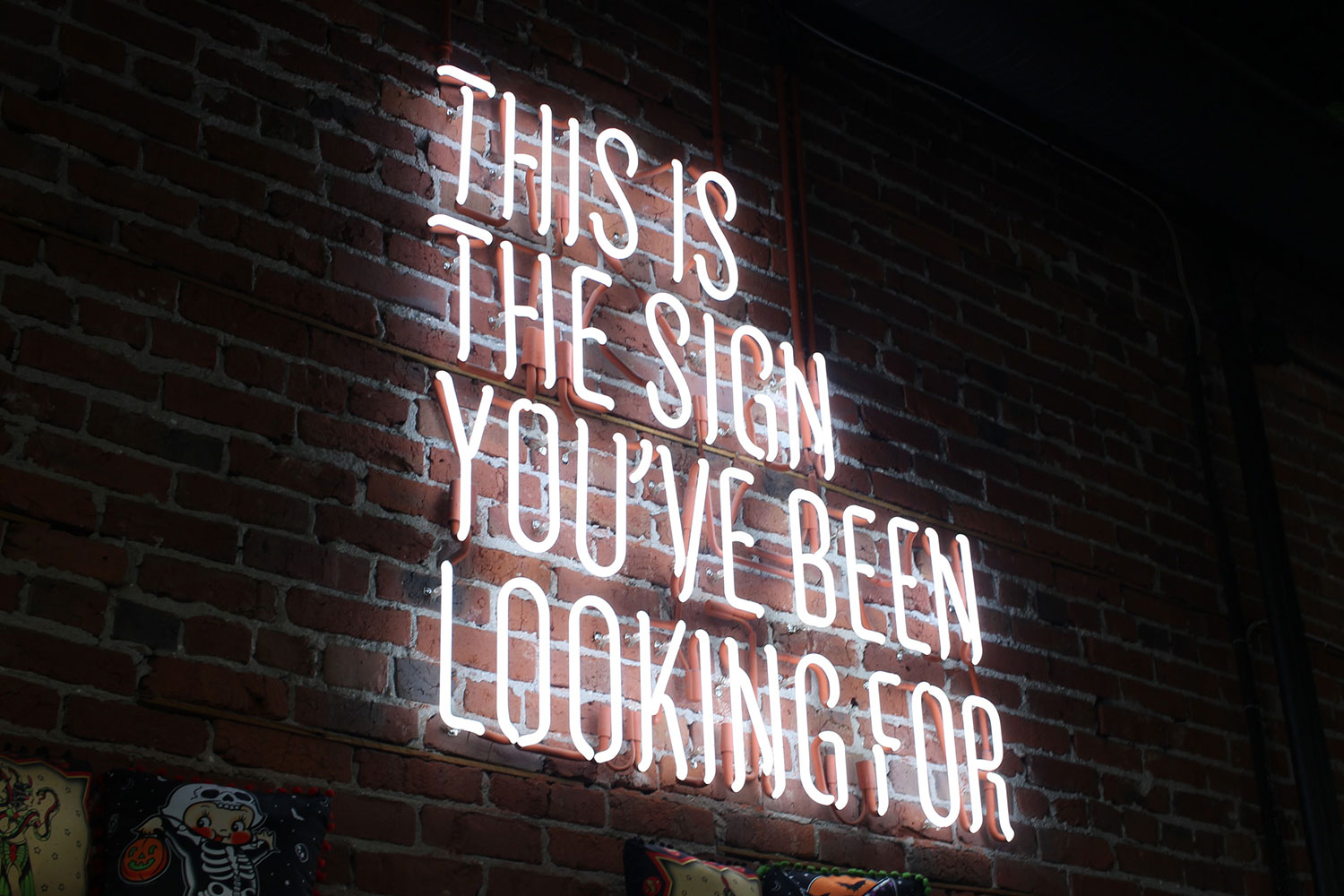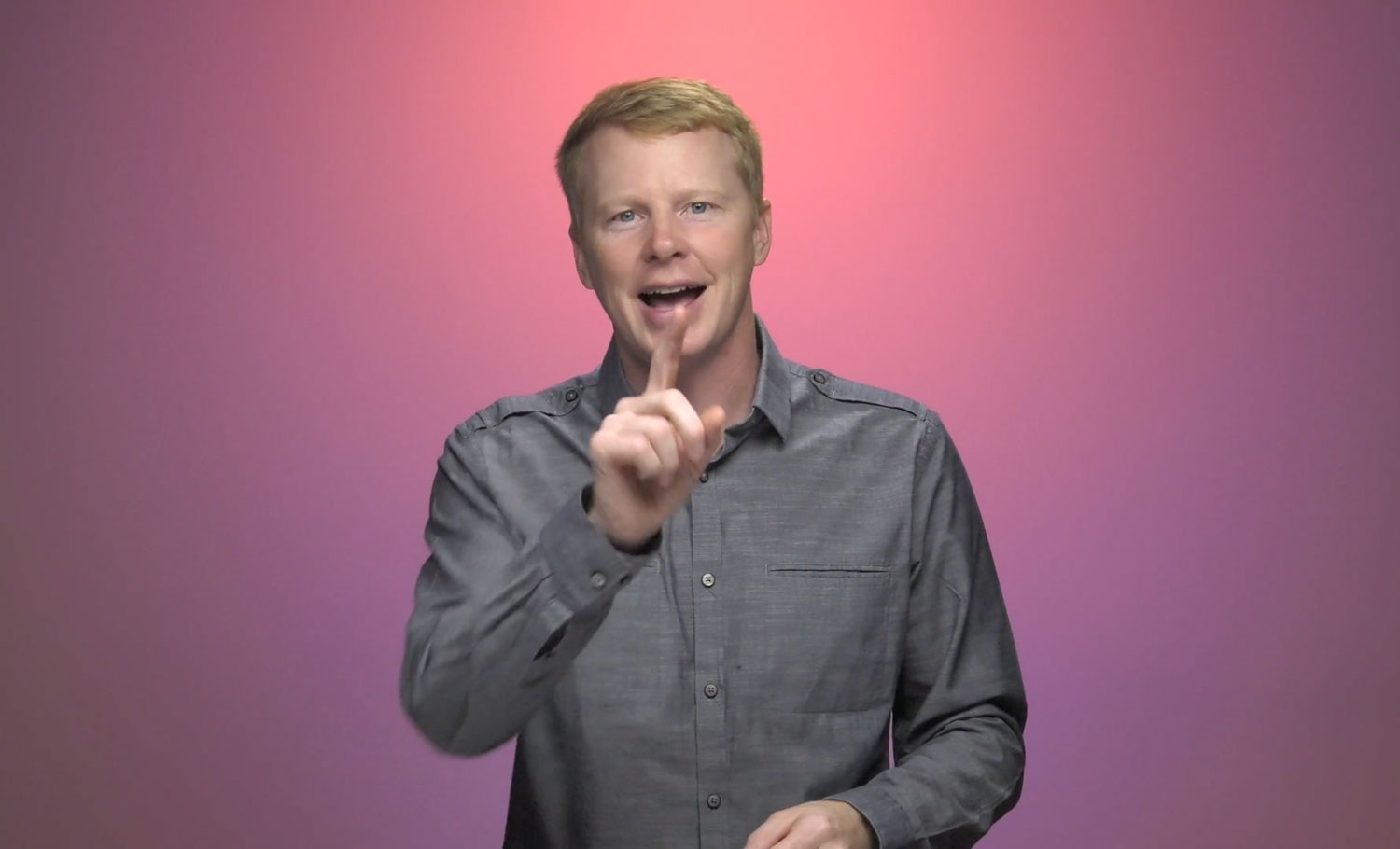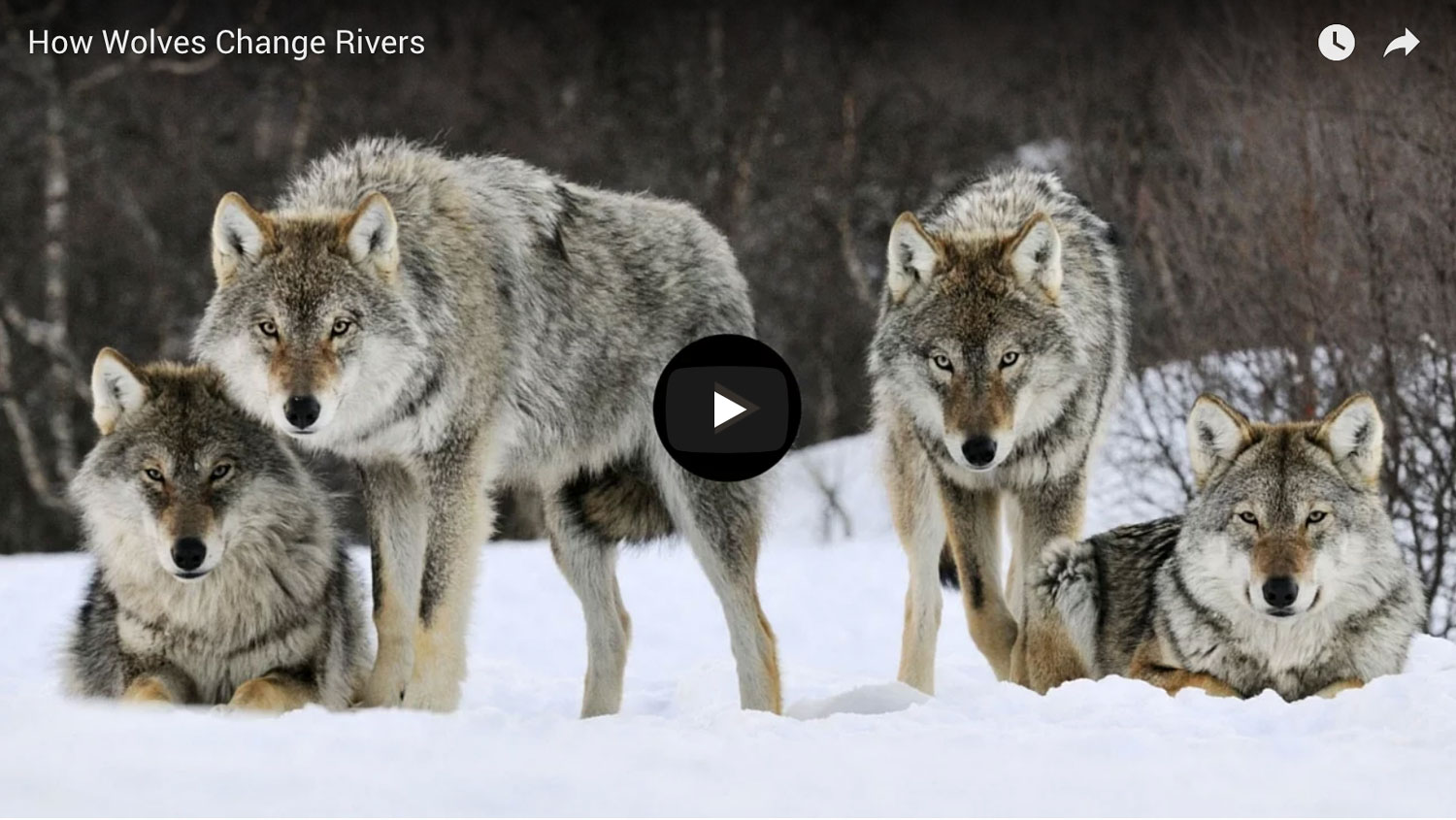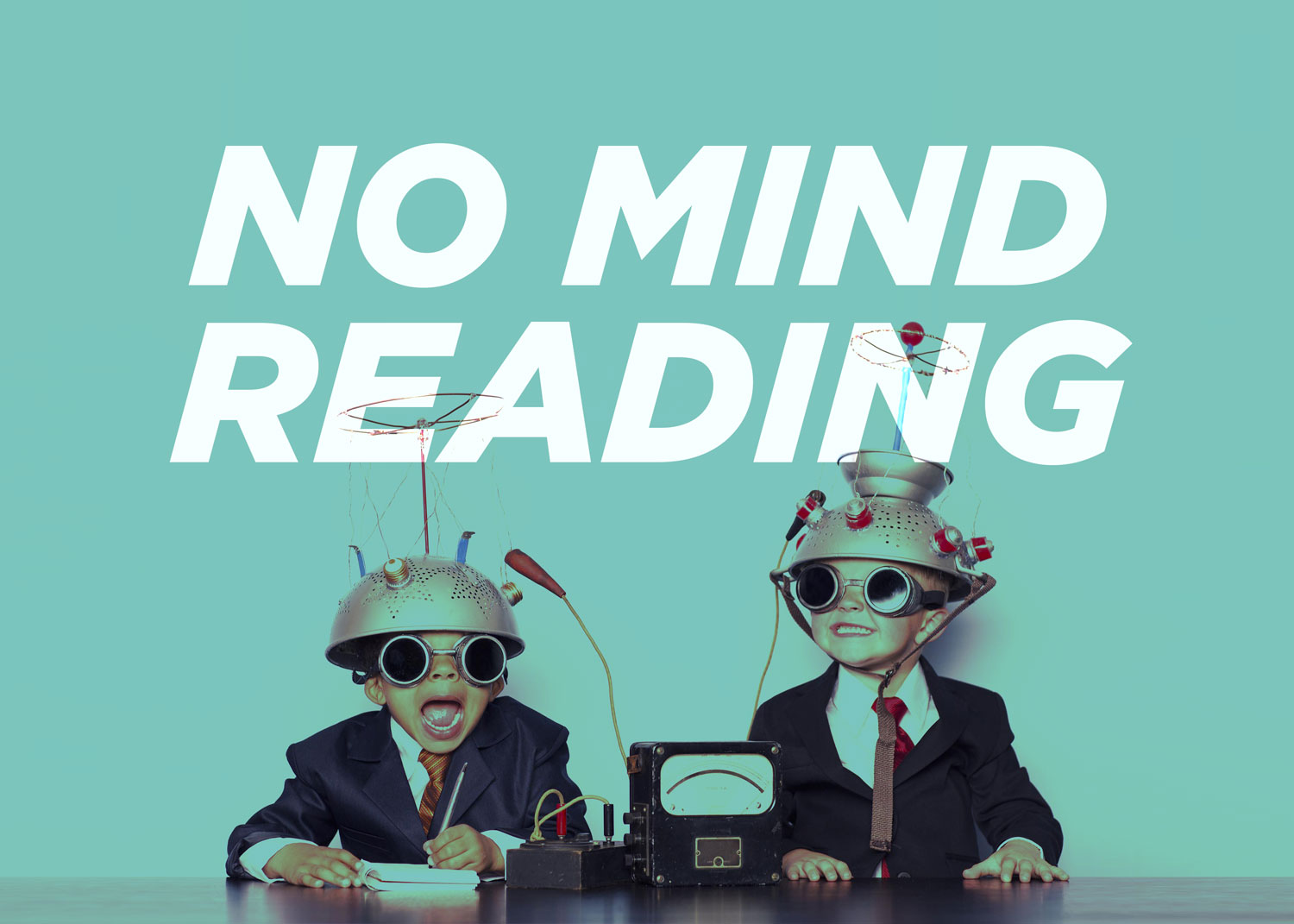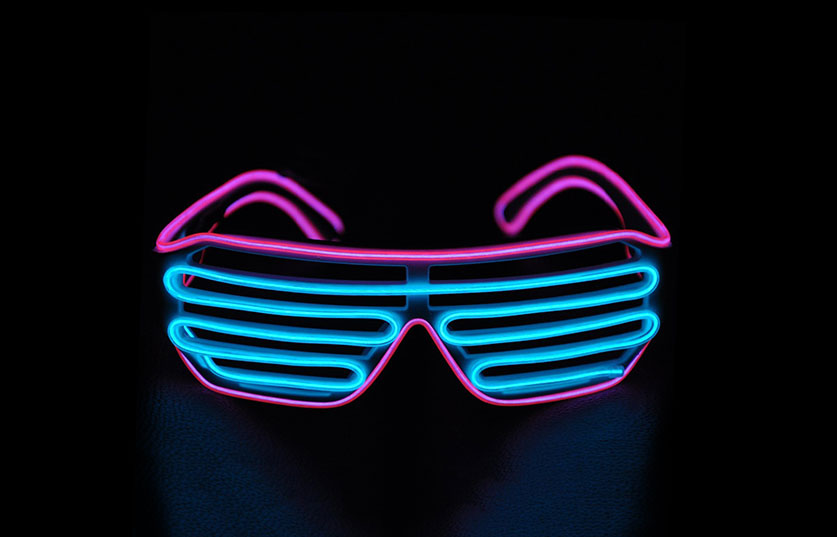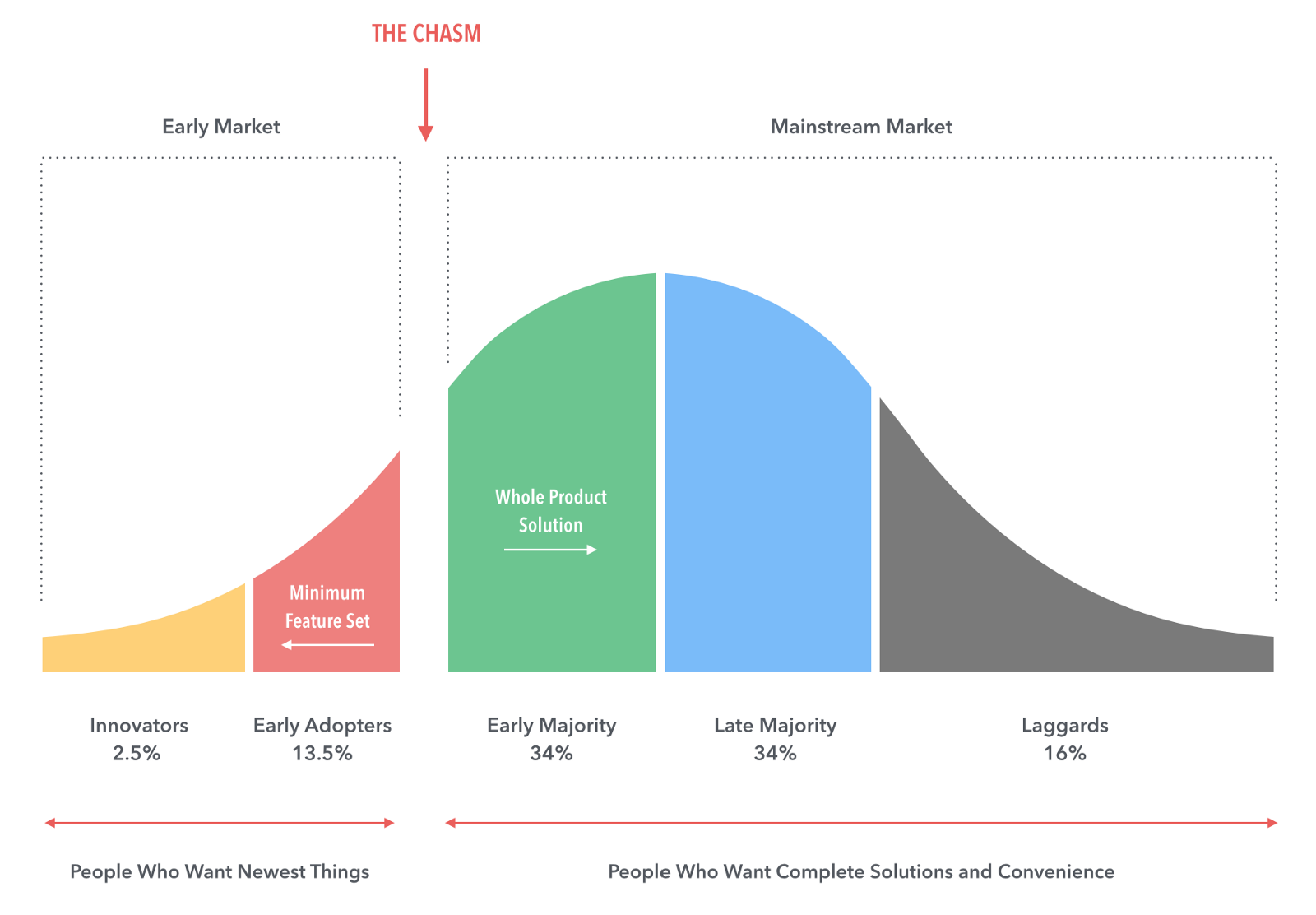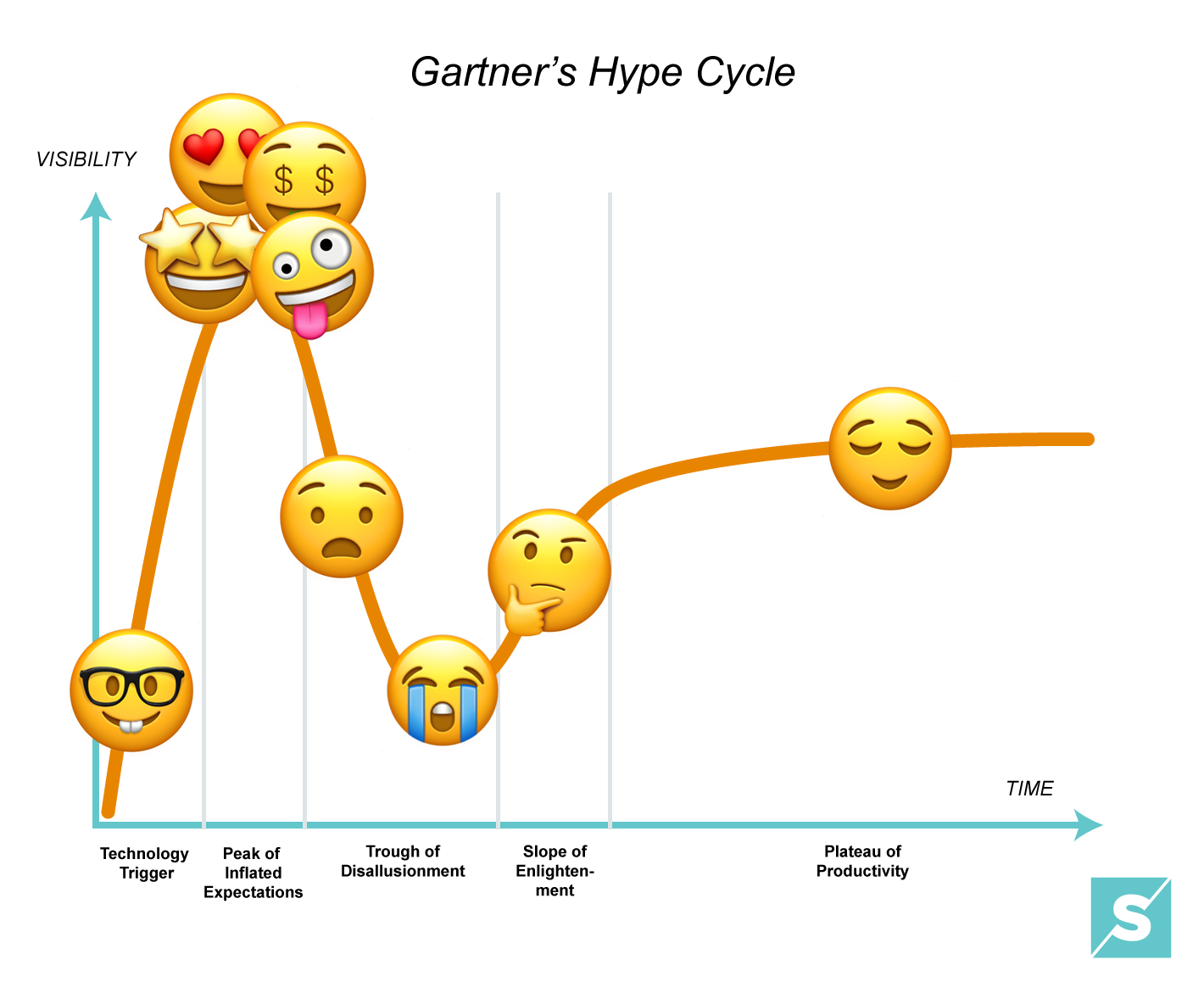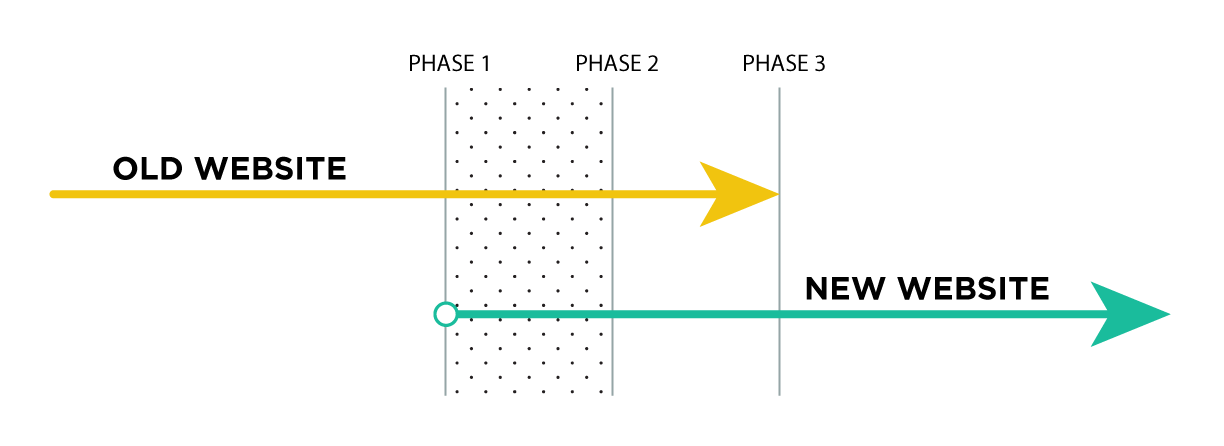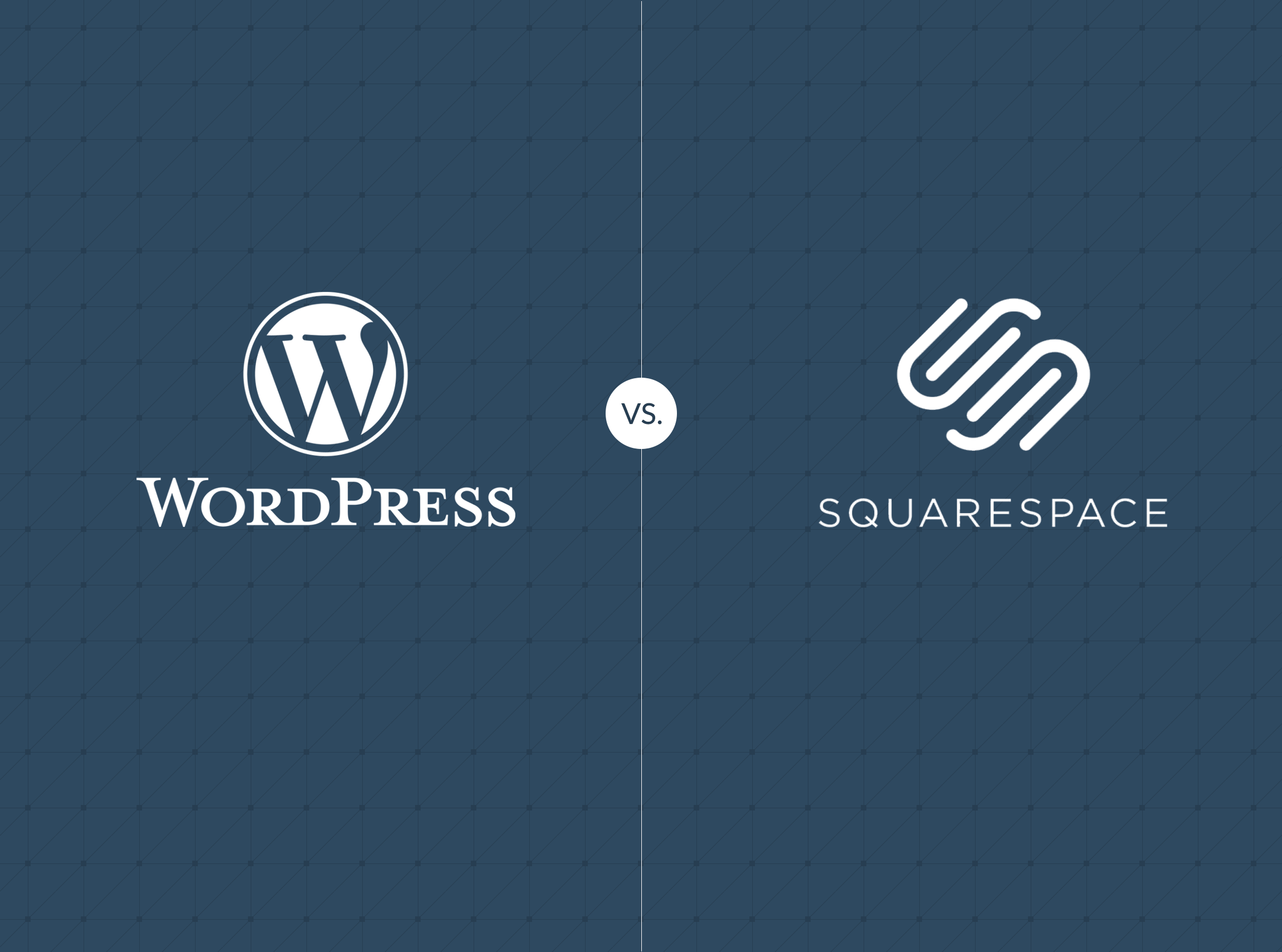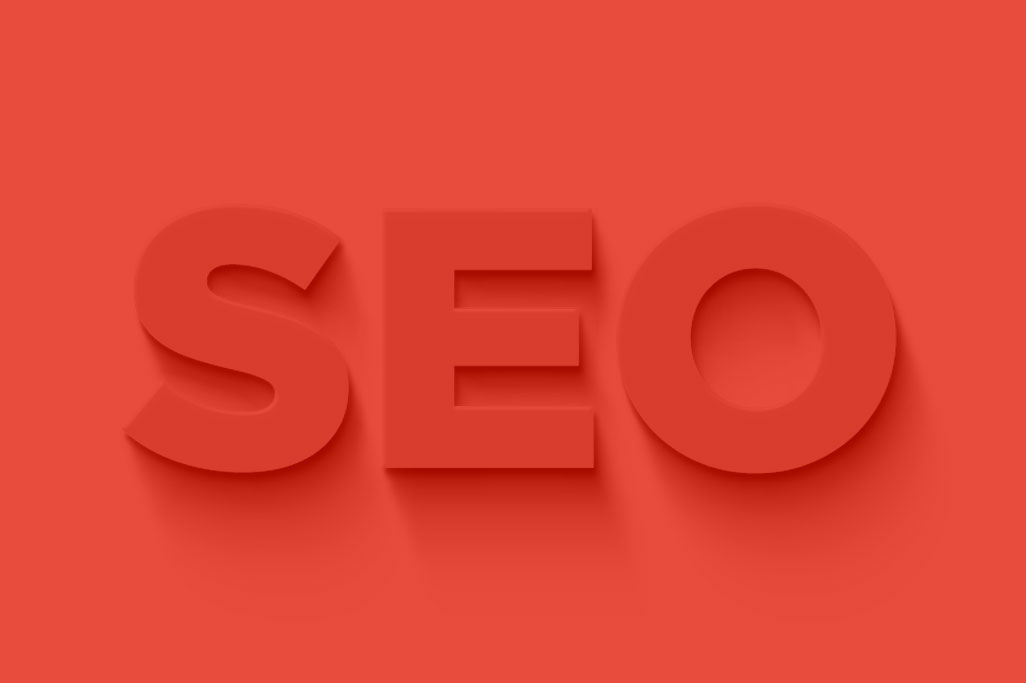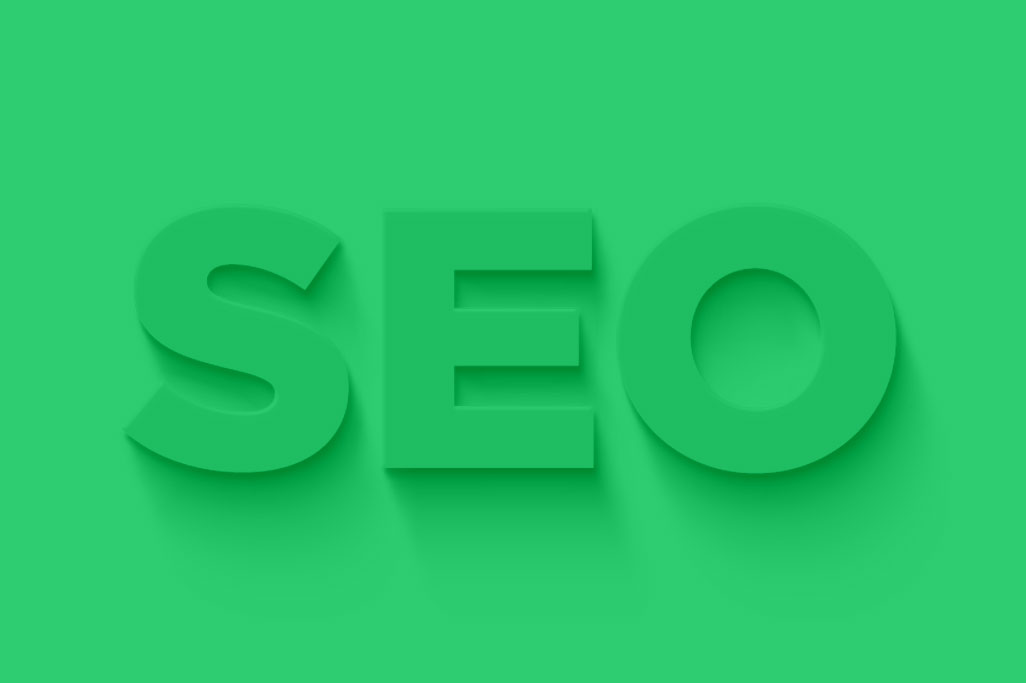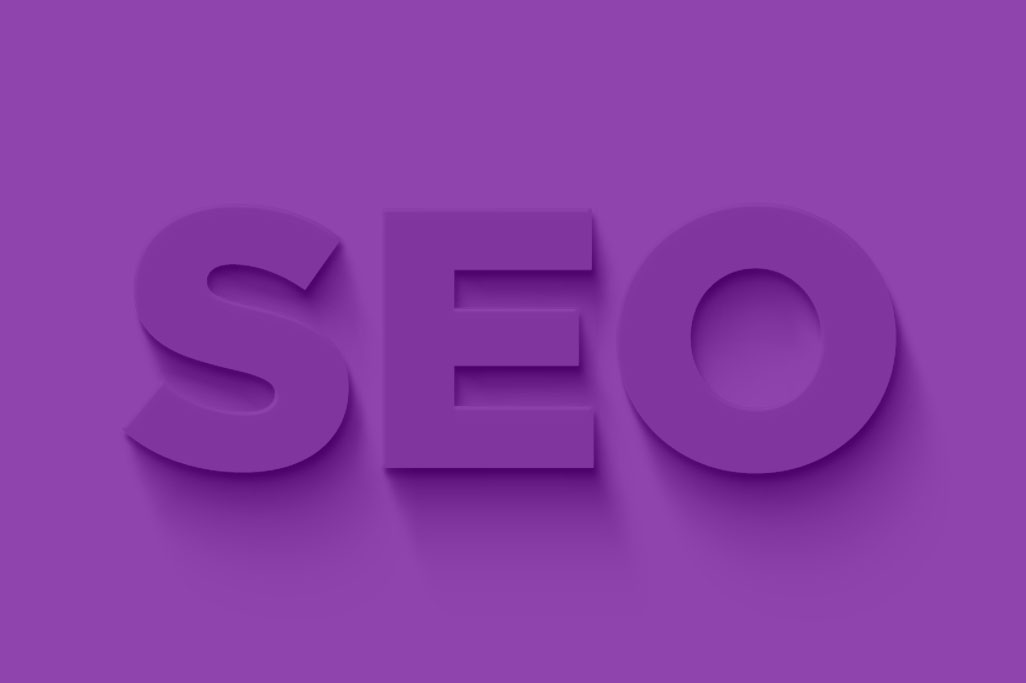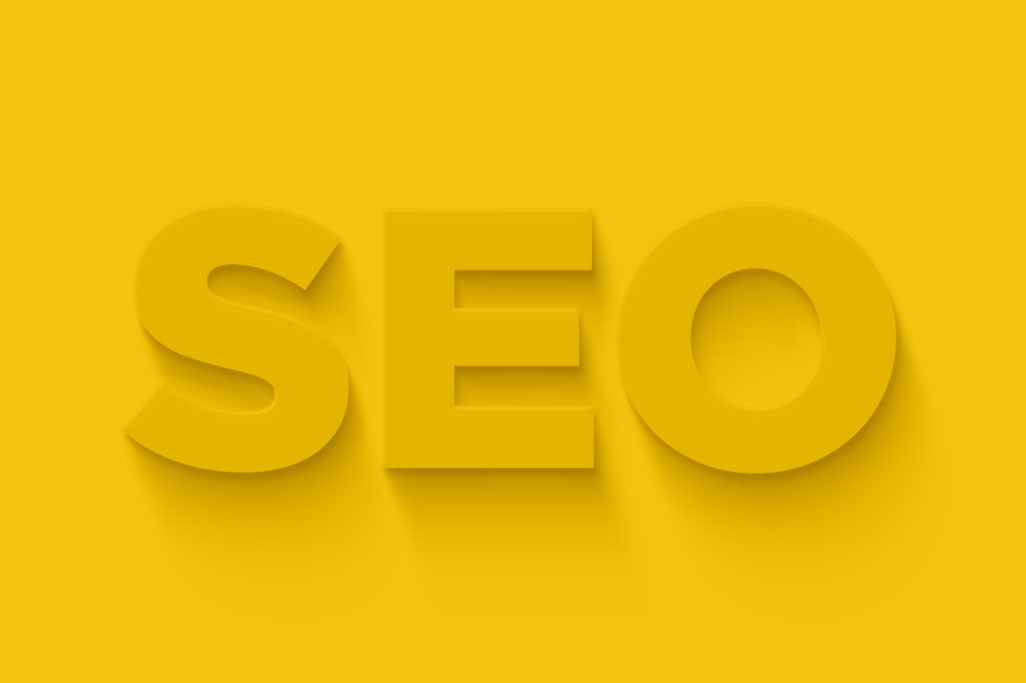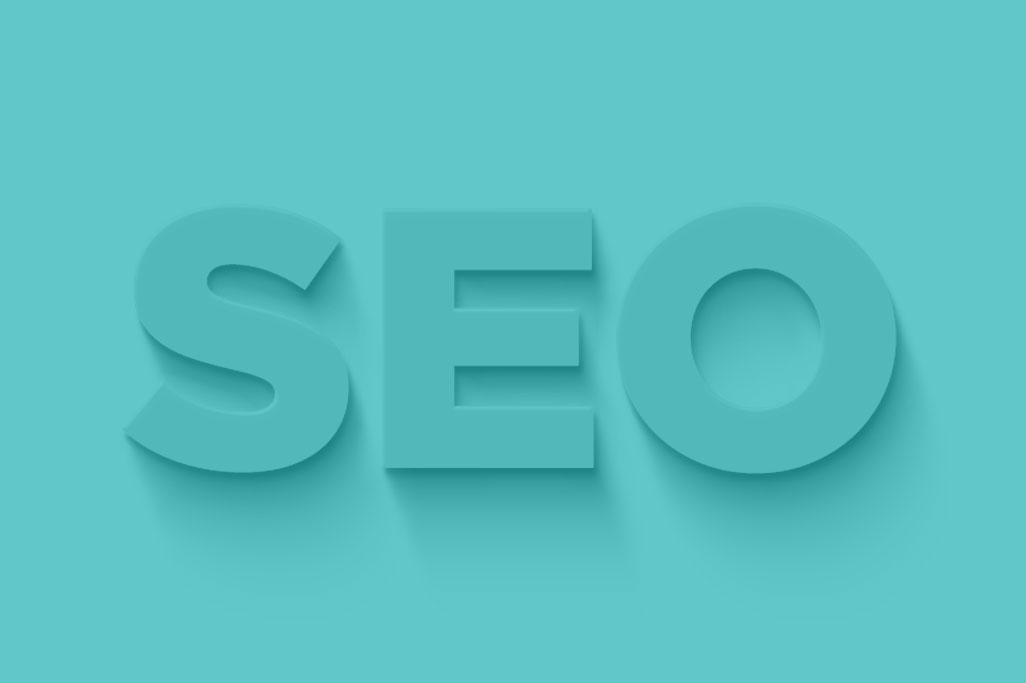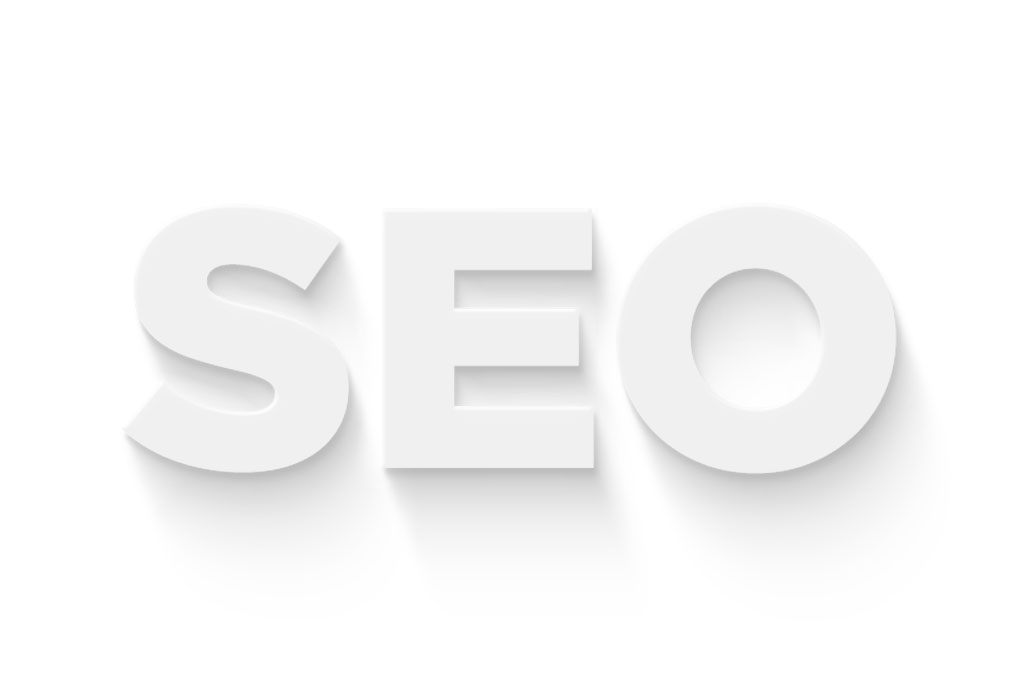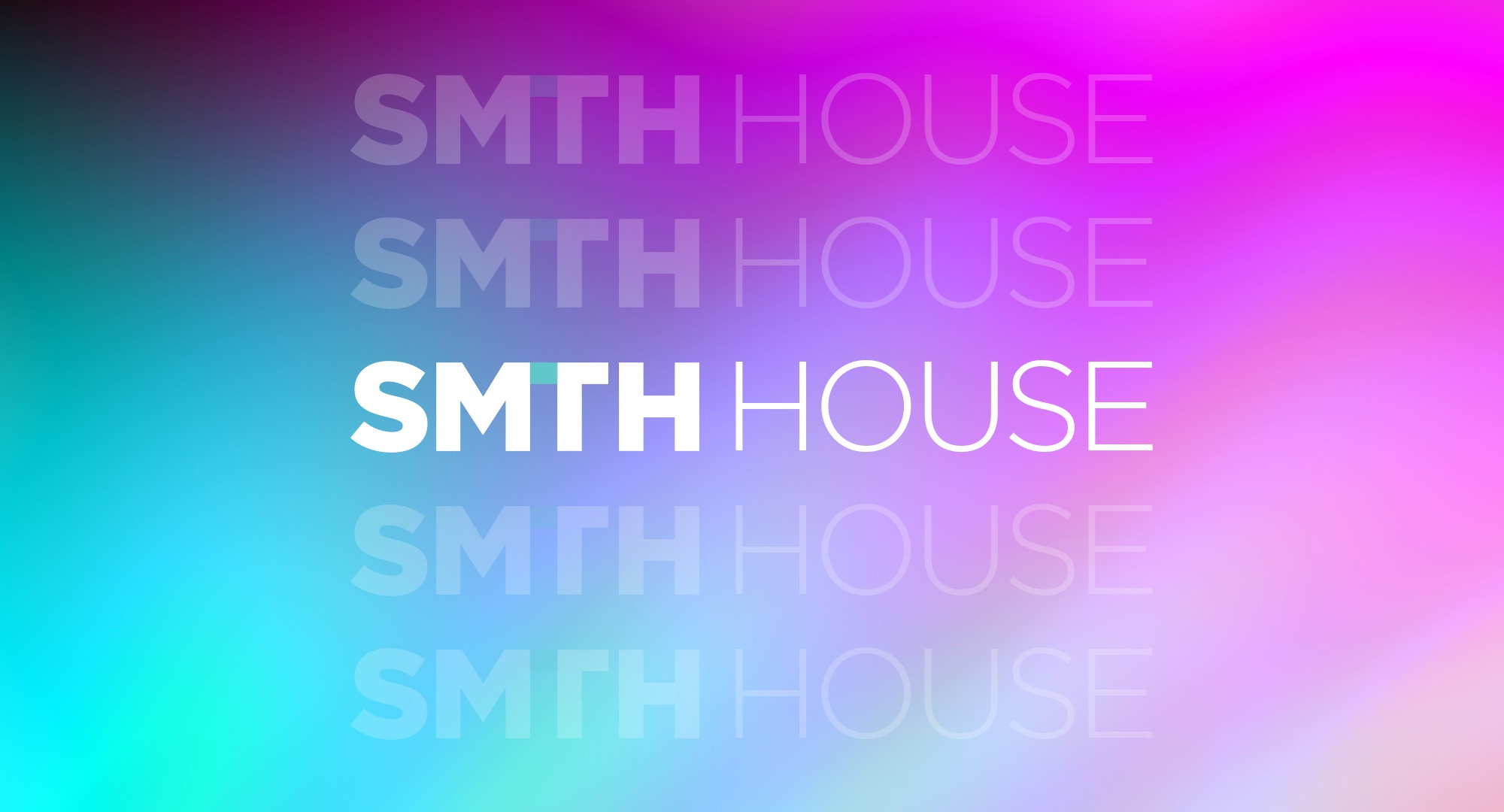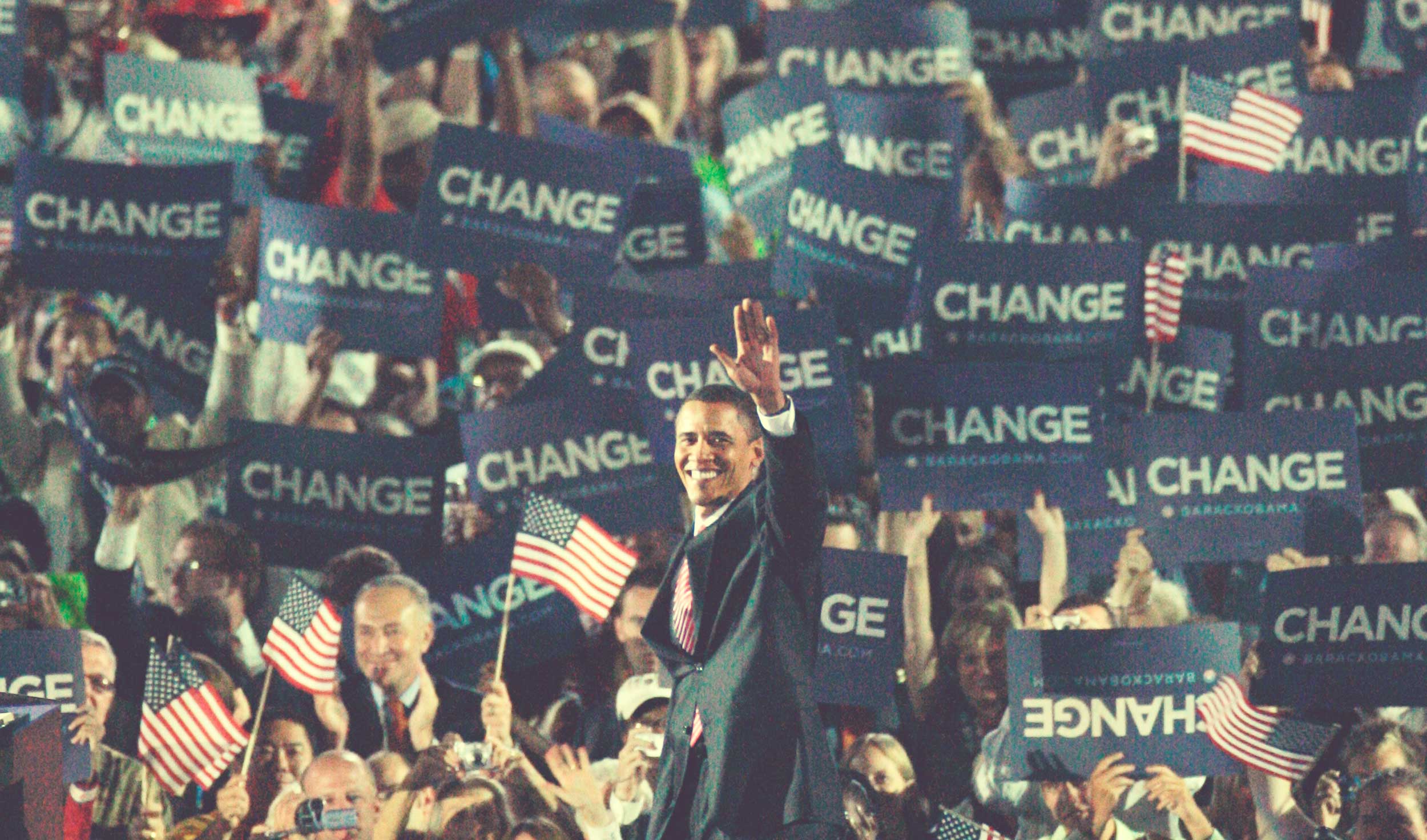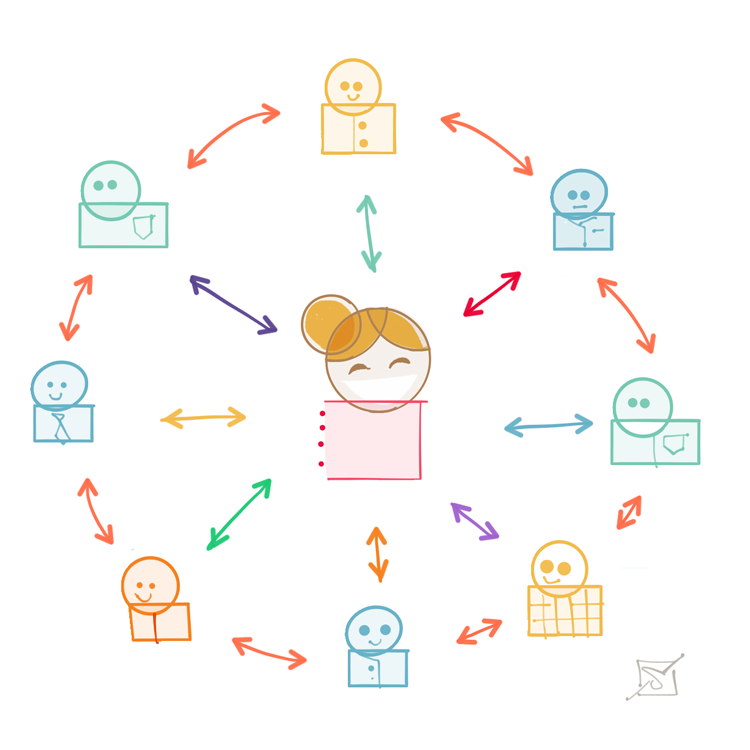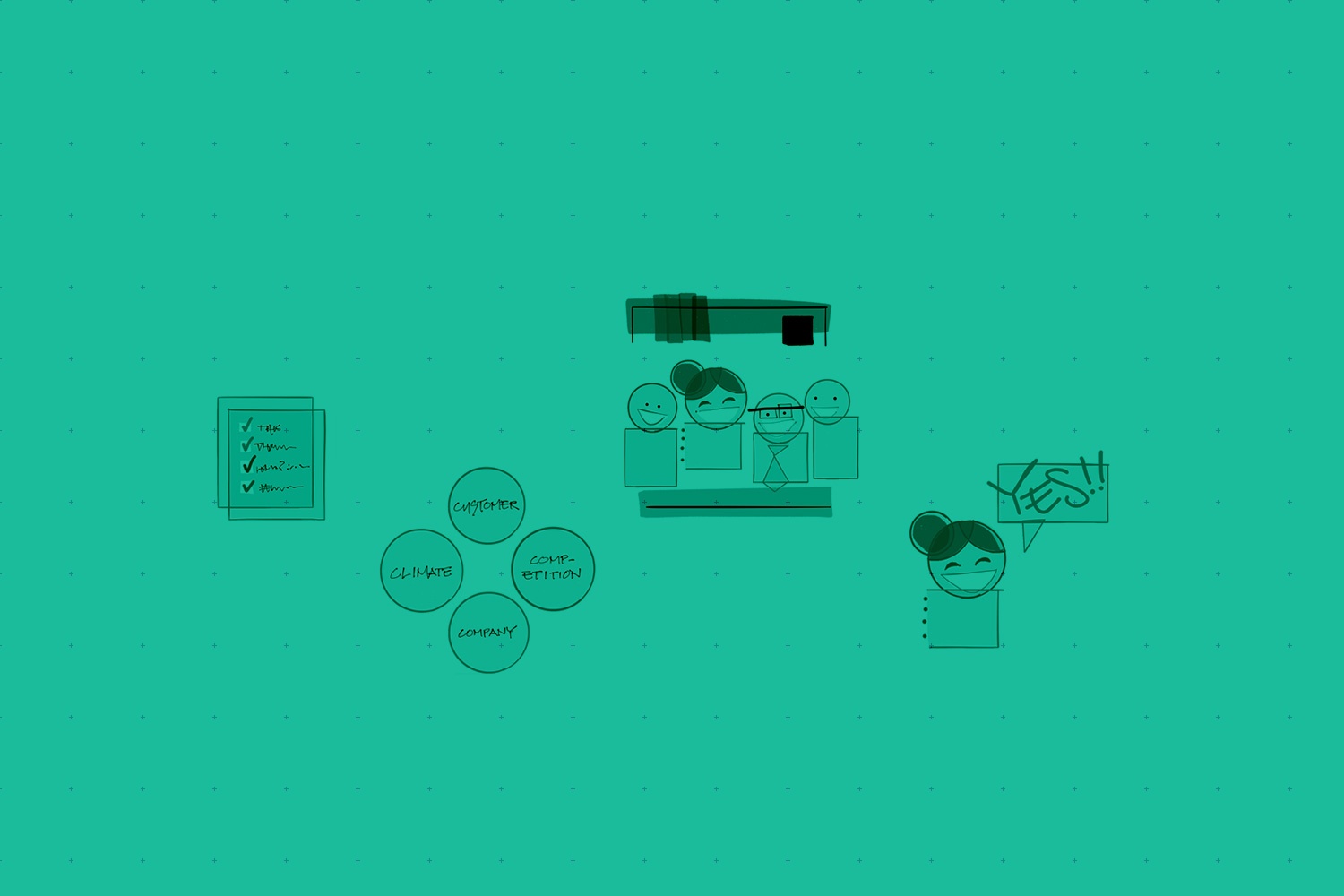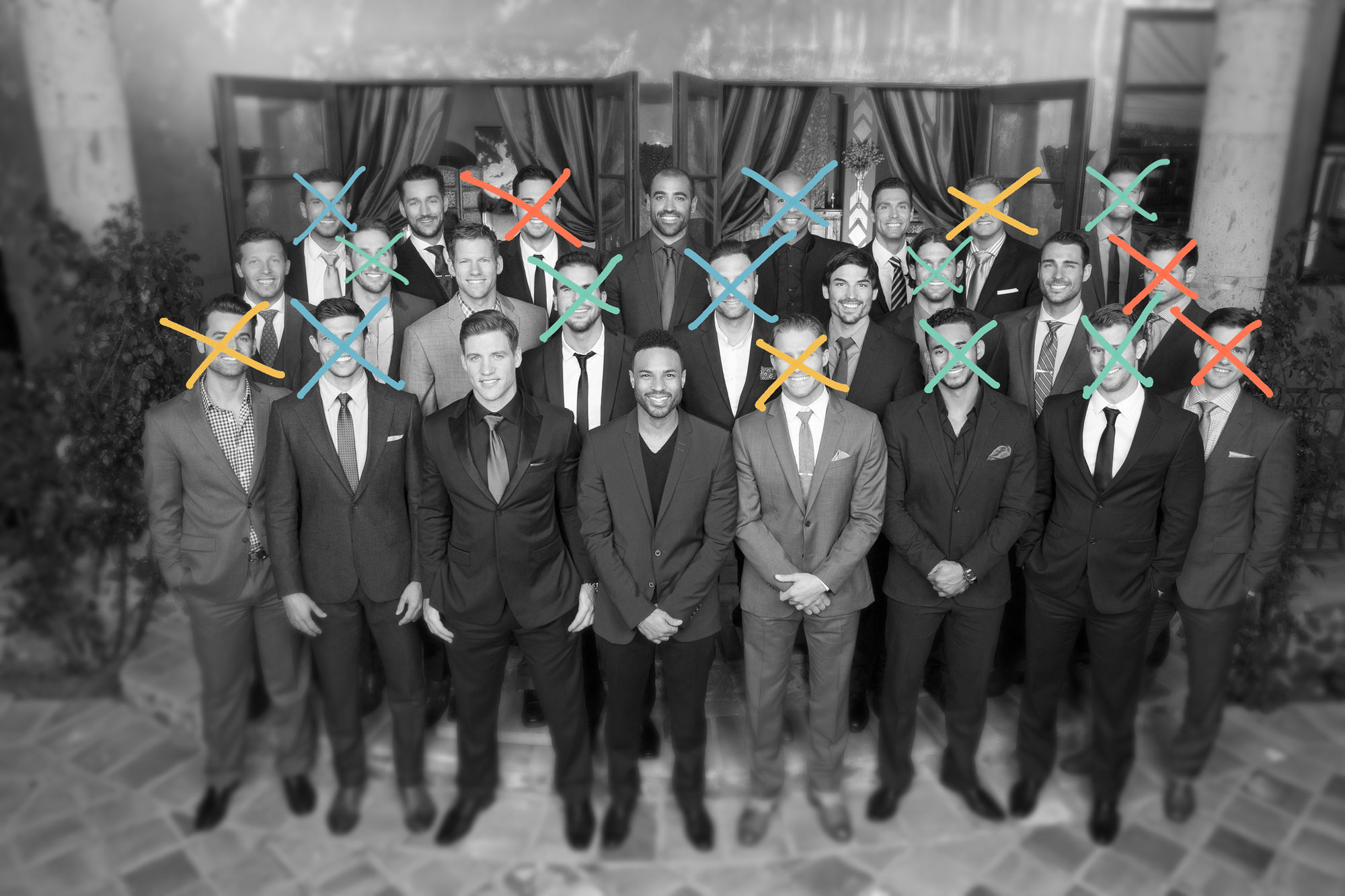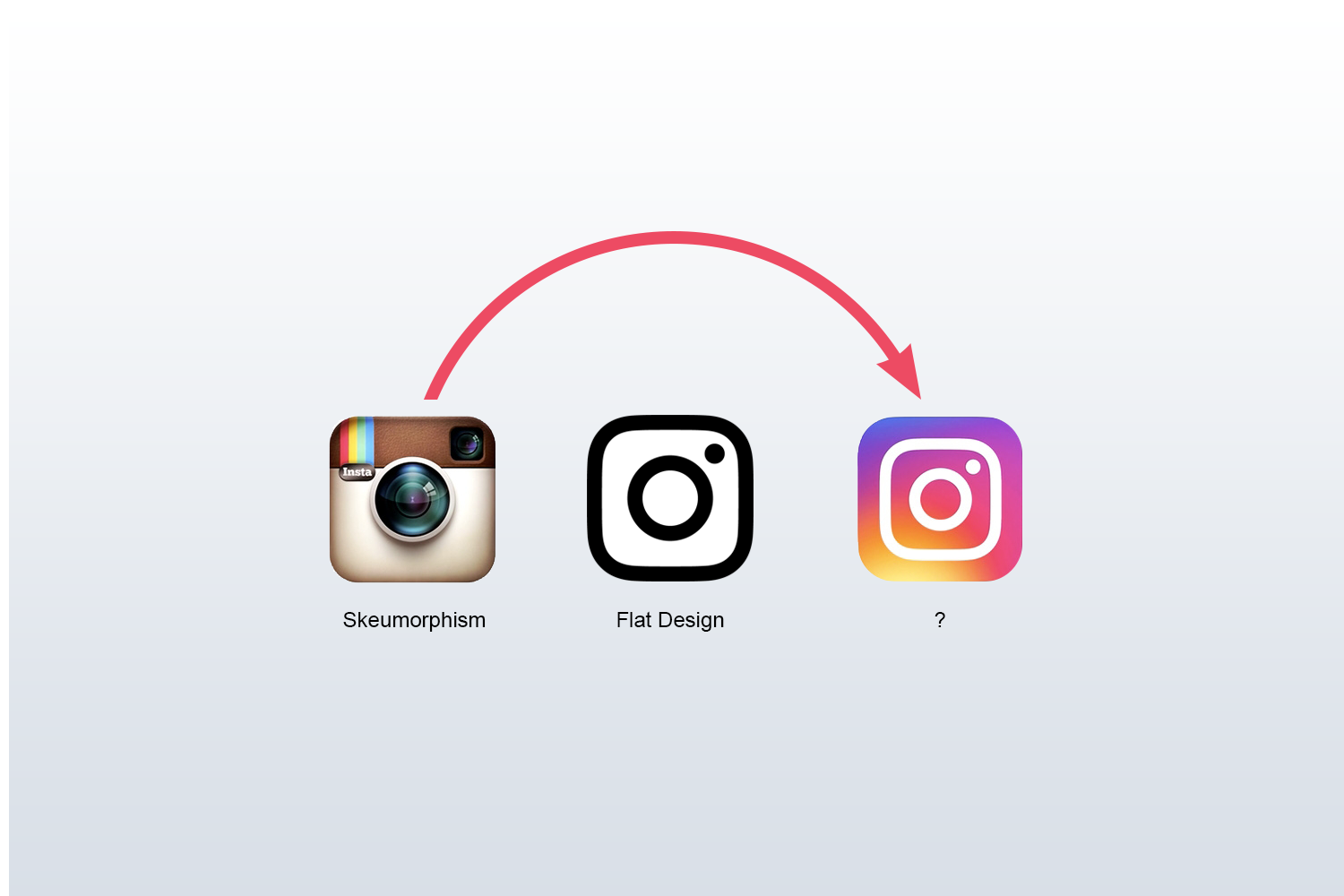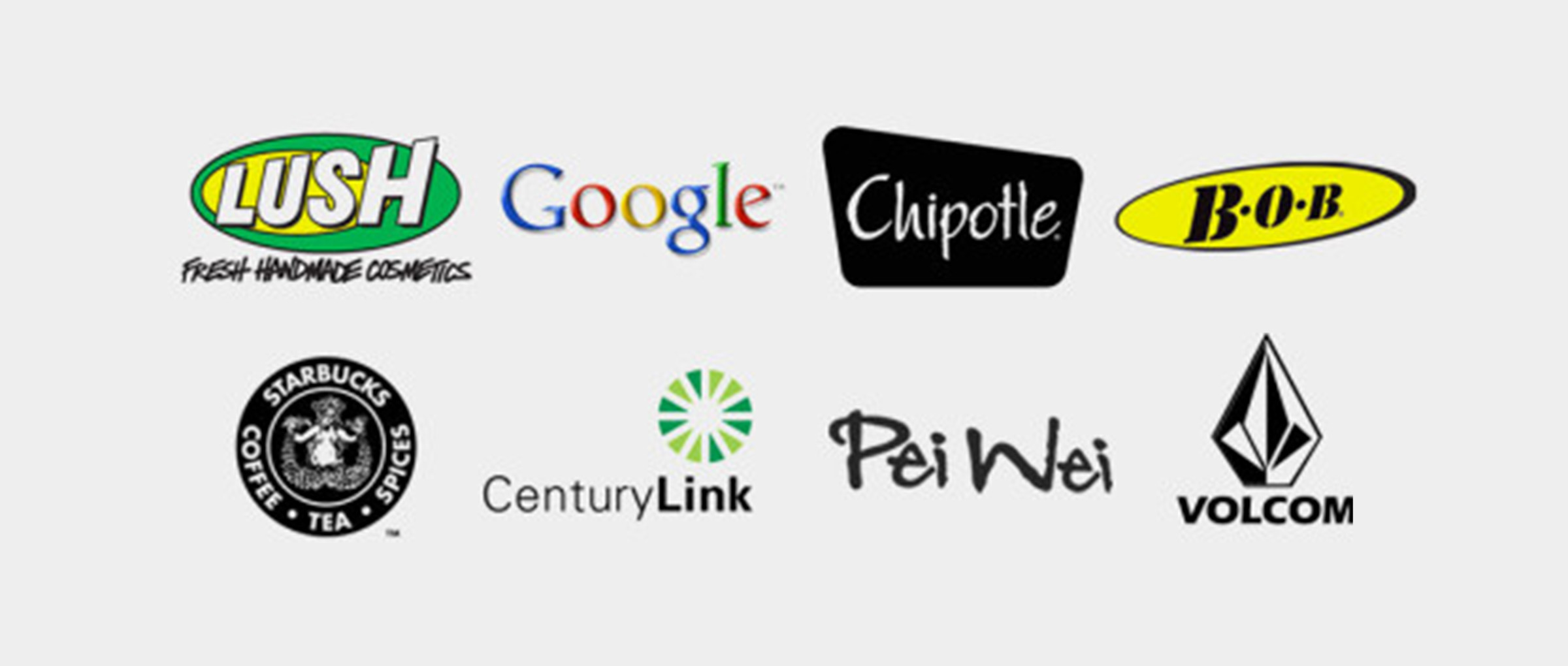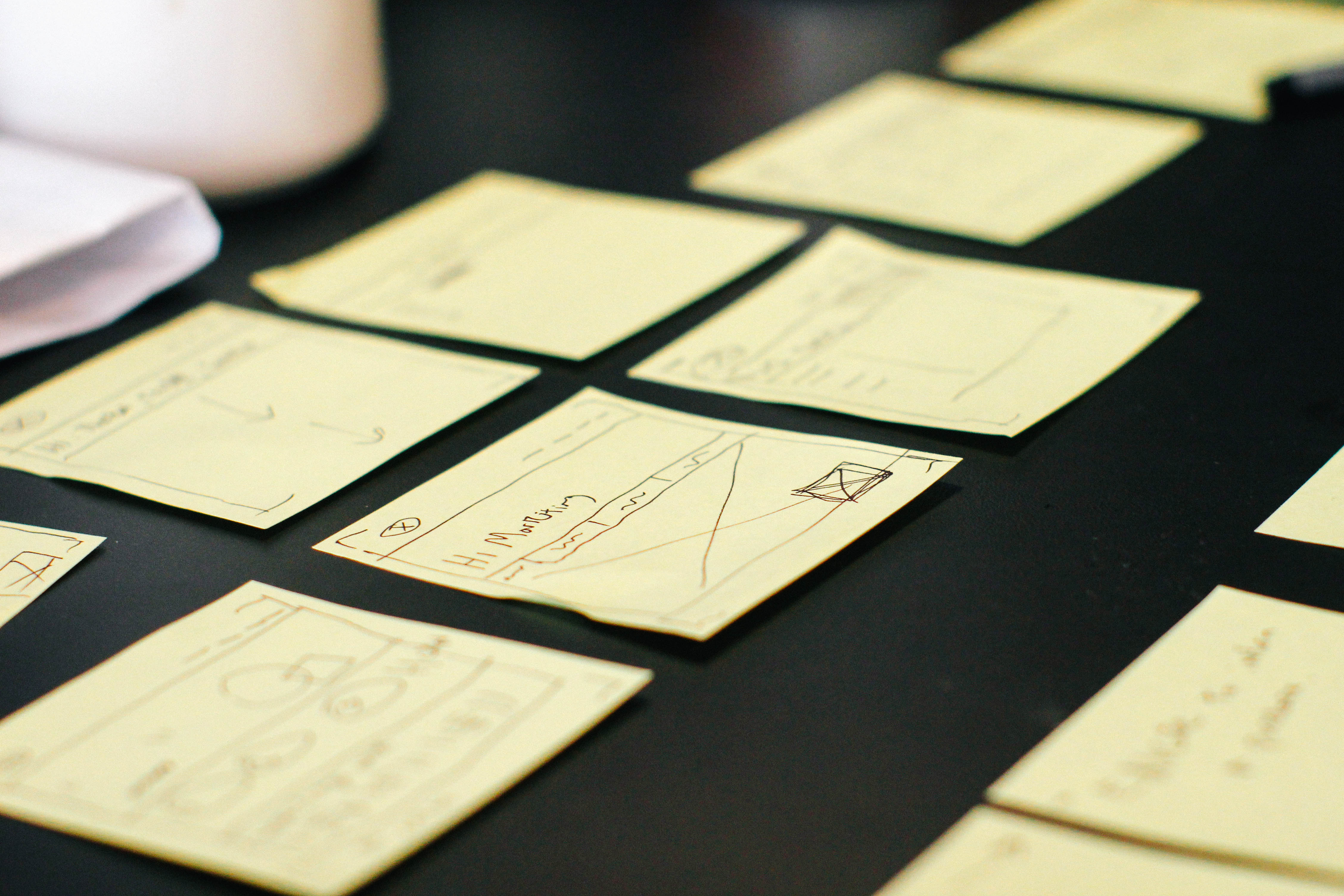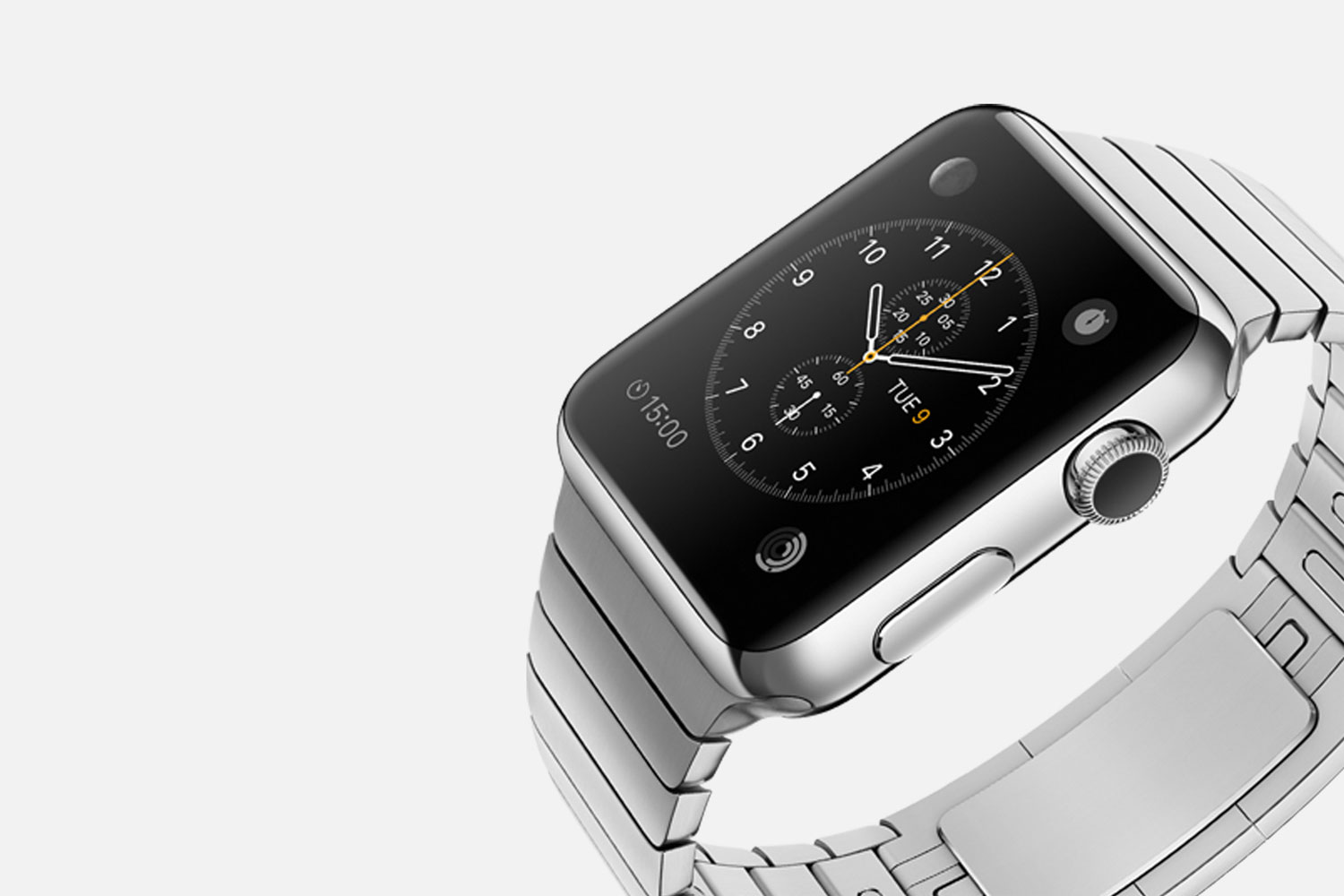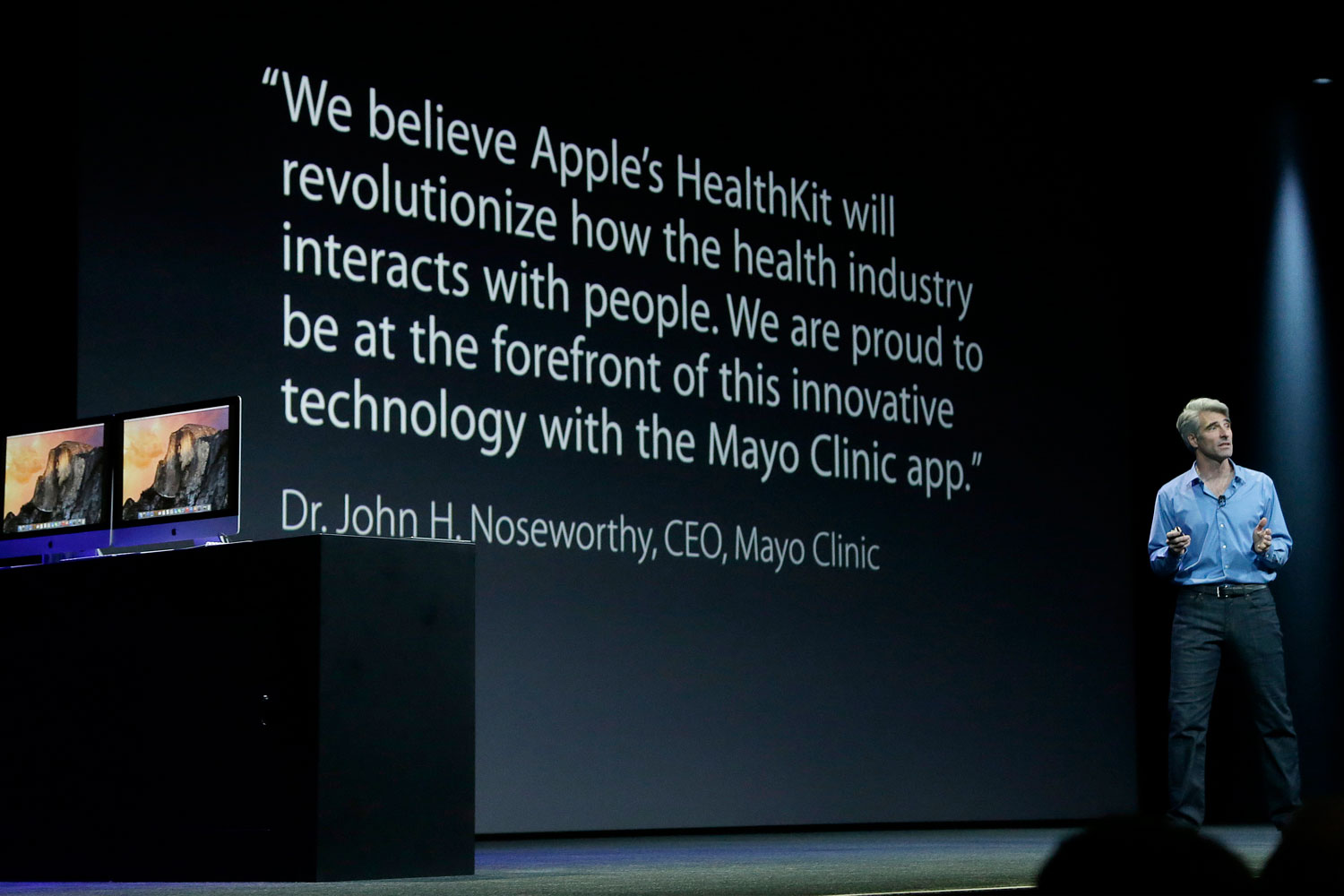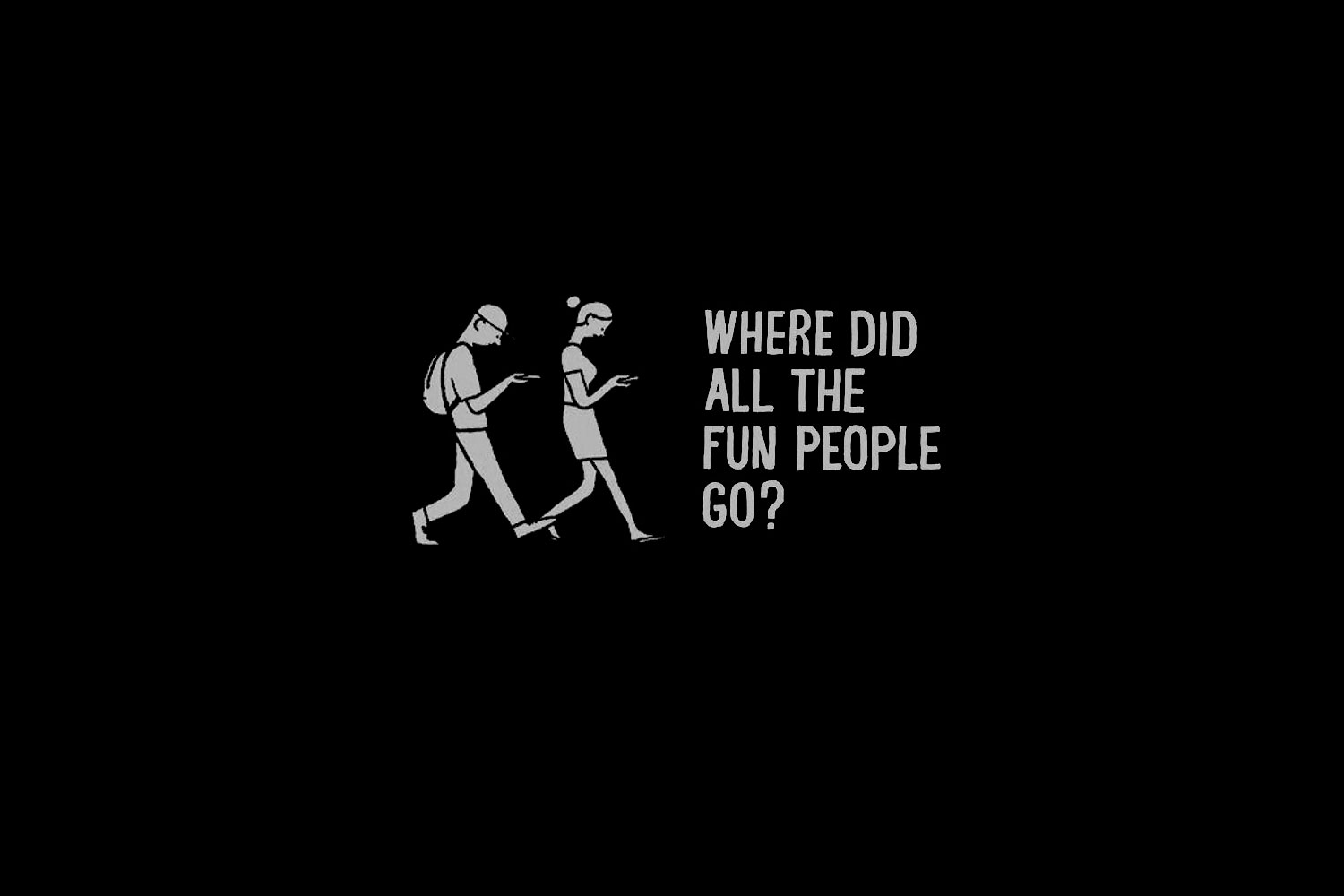Since the Great Depression, generations of Americans have shared a collective fear that our jobs are threatened by the volatile external forces of the economy, the stock market, and new technologies. Here in 2021, the news media have declared that Artificial Intelligence (A.I.) is here, and it most certainly will take your job. The reality is much more complex, and far more optimistic.

So I made this video a few years ago about Choosing a College Major and it's been viewed over 40,000 times on YouTube. Through the comments section of that video, I can see that a lot of college students are concerned that Artificial Intelligence (A.I.) will replace many jobs. It's a forgone conclusion that many careers are doomed.
This fear is not unreasonable. We know that A.I. is working around us as we work. As I type these words in Google Docs, it's recommending words to finish my sentences. Pretty creepy, but pretty cool. We can also guess that A.I. is central to self-driving cars. These are tangible examples of A.I. making its way into our lives.
But the hype about a technology always moves faster than the actual tech. This means that journalists, bloggers, and TED Talkers tend to exaggerate and overstate how our lives are overwhelmed by A.I. today. It's good for them because "fear" sells, and you get more clicks when people are scared.
Let's use Gartner's Hype Cycle to make sense of this. I would argue that we are past the Peak of Inflated Expectation for Artificial Intelligence...
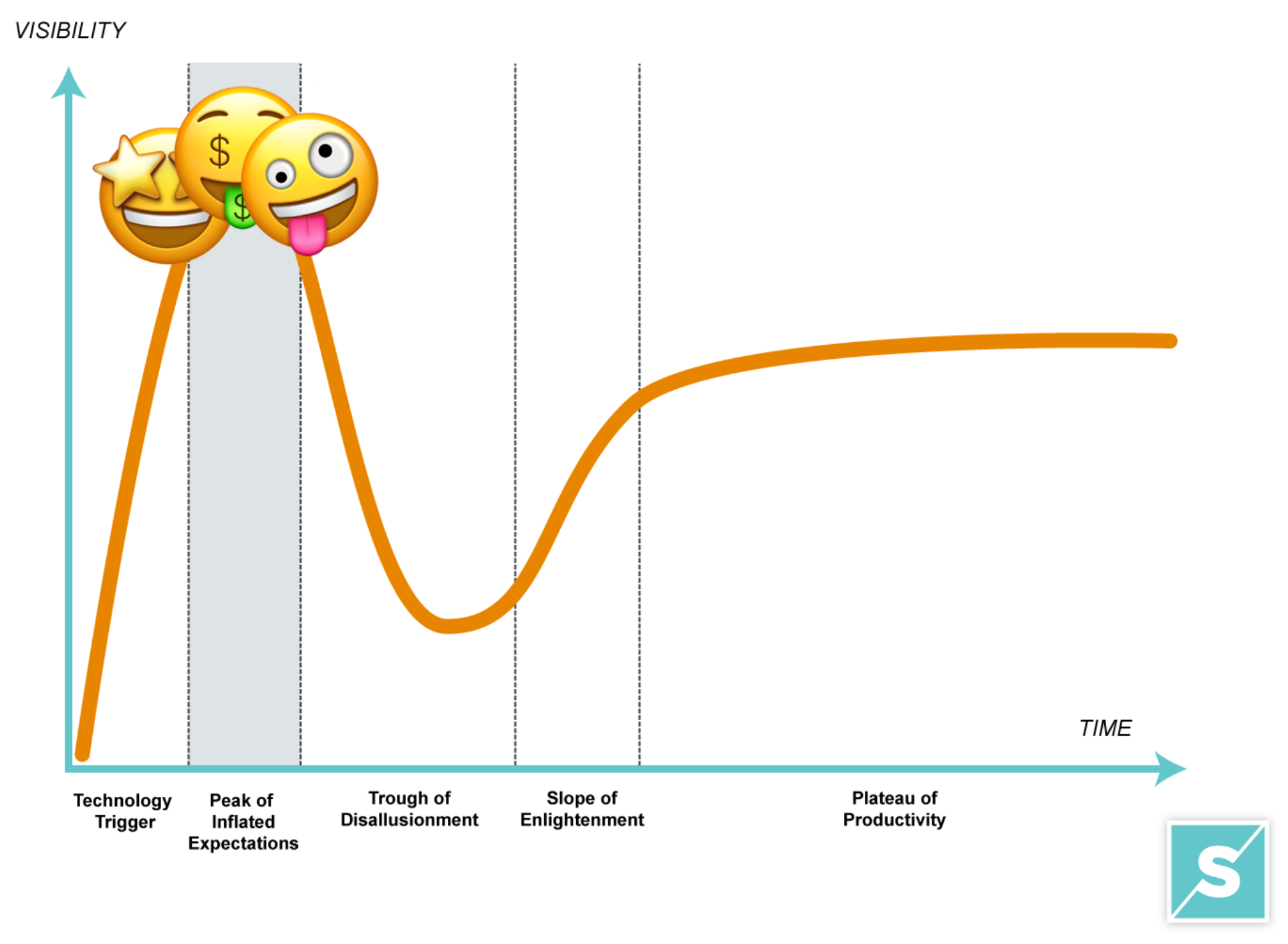
...and we'll soon be approaching a Trough of Disillusionment when everyone gets down on Artificial Intelligence. But A.I. will endure, and eventually change life as we know it, but this going to take a decade+ to get there. (Really, you should read my blog about how it took 20 years for "buying groceries on the Internet" really started to happen.)
To say it another way: you see these things coming. If you are a student in college and reading this, be smart when you choose a major, but don't be preoccupied with the threat of A.I. If you are out of school and well into your career, it's unlikely that you will walk into your office next week and find that your job was gobbled up by Artificial Intelligence.
You have time to prepare, so long before that day happens, you will be off to something new. Maybe something even better? Keep reading.
A.I. and Creative Destruction
Economist Joseph Shumpeter introduced "creative destruction" to describe what happens after a major shift in technology. Steam engines, railroads, steel mills, telephone, radio. A whole industry can be destroyed, but a new, exciting industry with new jobs takes its place.
Let's consider a real life example from 2000 - 2021. Sure, the Internet pretty much killed most newspapers. But the strong survived, and they have new tools to reach their readers (Twitter, YouTube, etc.) What else do we have? New, exciting media companies launch every day. So maybe you don't get a job at a newspaper, but you can take your journalism degree to fun new places. Or you can skip all that and create your own media empire. Right now, would-be Broadcast Journalists are doing quite well on their own, monetizing their take on current events on TikTok. (See I told you this was fun!)
It's too early to know what industries and careers A.I. will destroy. But history proves that there's gonna be some new, cool jobs to come next.
Immediate Threats to Your Job
When it comes to threats to your job, there are two more real threats than technology:
- You will lose your job to someone else. Why be worried about A.I. ruining your career? There are 1000s of people in your city who want your job right now. The strategy here is to be better than all of those people.
-or- - You will lose your job. That's it. They will cut your position because you weren't adding value to the company. But again, you will see this coming, won't you? You are busy doing routine, mundane tasks. Or you are busy doing nothing at all. If you have bragged that you don't do much at work and still get paid, then know you will soon lose your job. Why should your company pay you to do nothing?
A Sure Path to Job Security
Finally, the best way to have a successful career is to navigate to the most complex problems and do everything you can to solve them. This takes courage because everyone else in the building will be running away from those complex problems.
People love the theatrics of being an "innovator." But most people don't have the courage to be tackle difficult problems with creativity and determination. They team up to solve predictable, routine problems. So the bad news is that an innovator feels all alone in their effort. But that's good news, right?
Here's proof. Most of what we do here at Smith House is deal with difficult, gnarly problems. If you ask our clients, they will tell you that we are famous for doing the impossible. So word gets out, and we're busy beyond belief. There is big reward for solving big problems. ◻️
Good to Know:
- Creating Artificial Intelligence is expensive and very difficult. The goal of A.I. is to create an innovative products (e.g. autonomous vehicles) or gain efficiencies (spend less money paying human helpers.) In coming decades, companies will invest a tremendous amount of money only to find out that A.I. is too hard, or that A.I. is more expensive than a large payroll of real people.
- Read more about economist Joseph Shumpeter.
